Anti Slip Floor Tiles
41 products
Showing 1 - 24 of 41 products
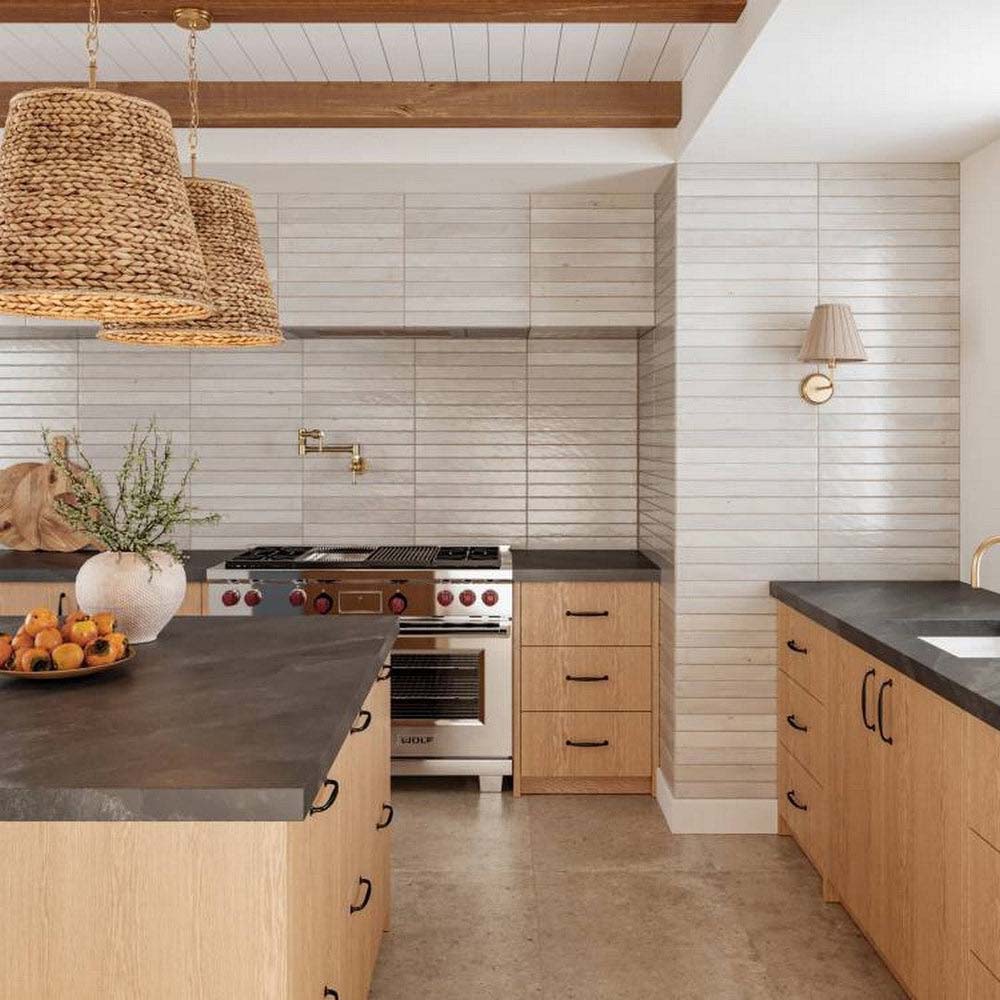

 Bedrosians Poetry Stone 24" x 48" Matte Porcelain Field Tile
Bedrosians Poetry Stone 24" x 48" Matte Porcelain Field Tile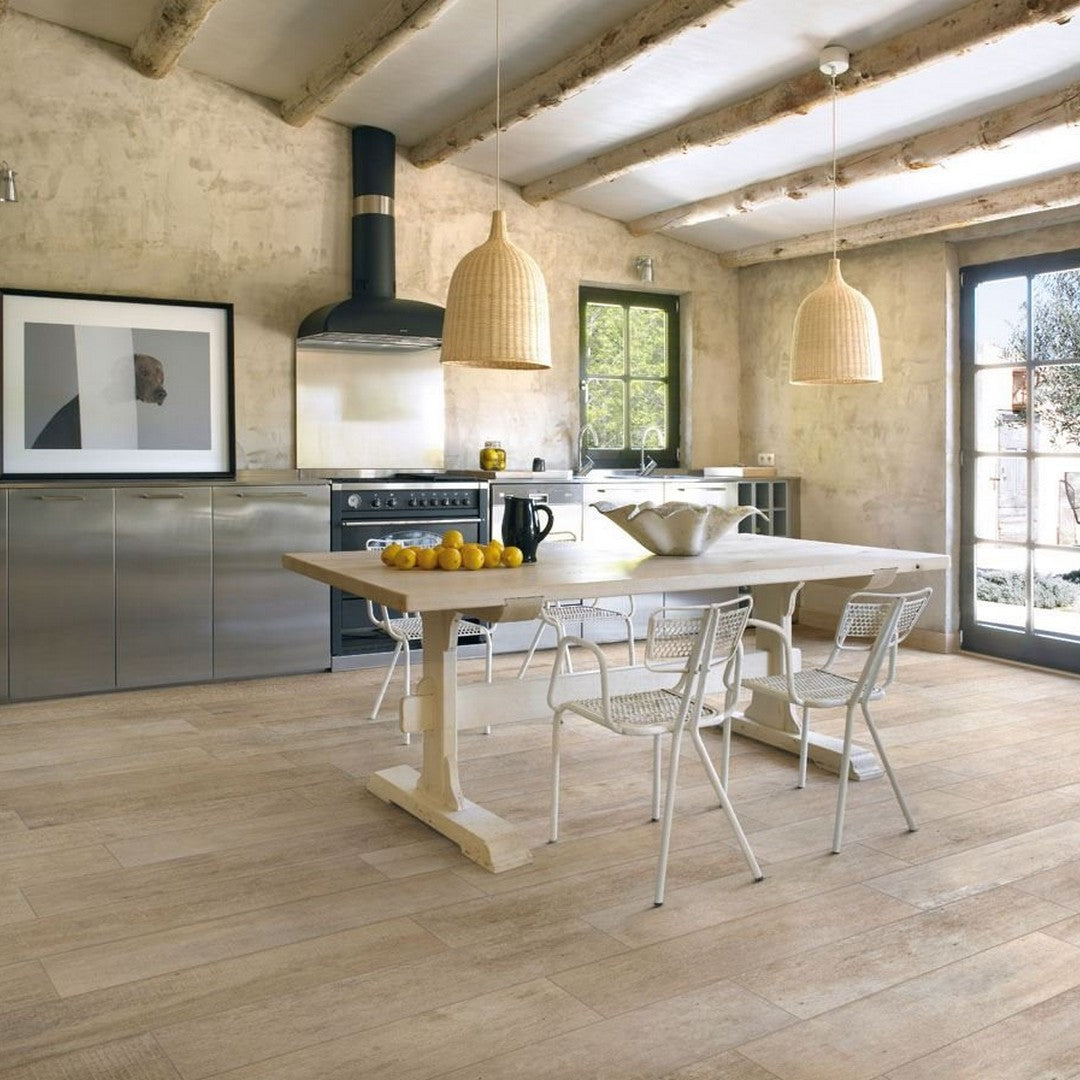

 Panaria Ceramica Wood Trend 8" x 36" Anti Slip Porcelain Tile
Panaria Ceramica Wood Trend 8" x 36" Anti Slip Porcelain Tile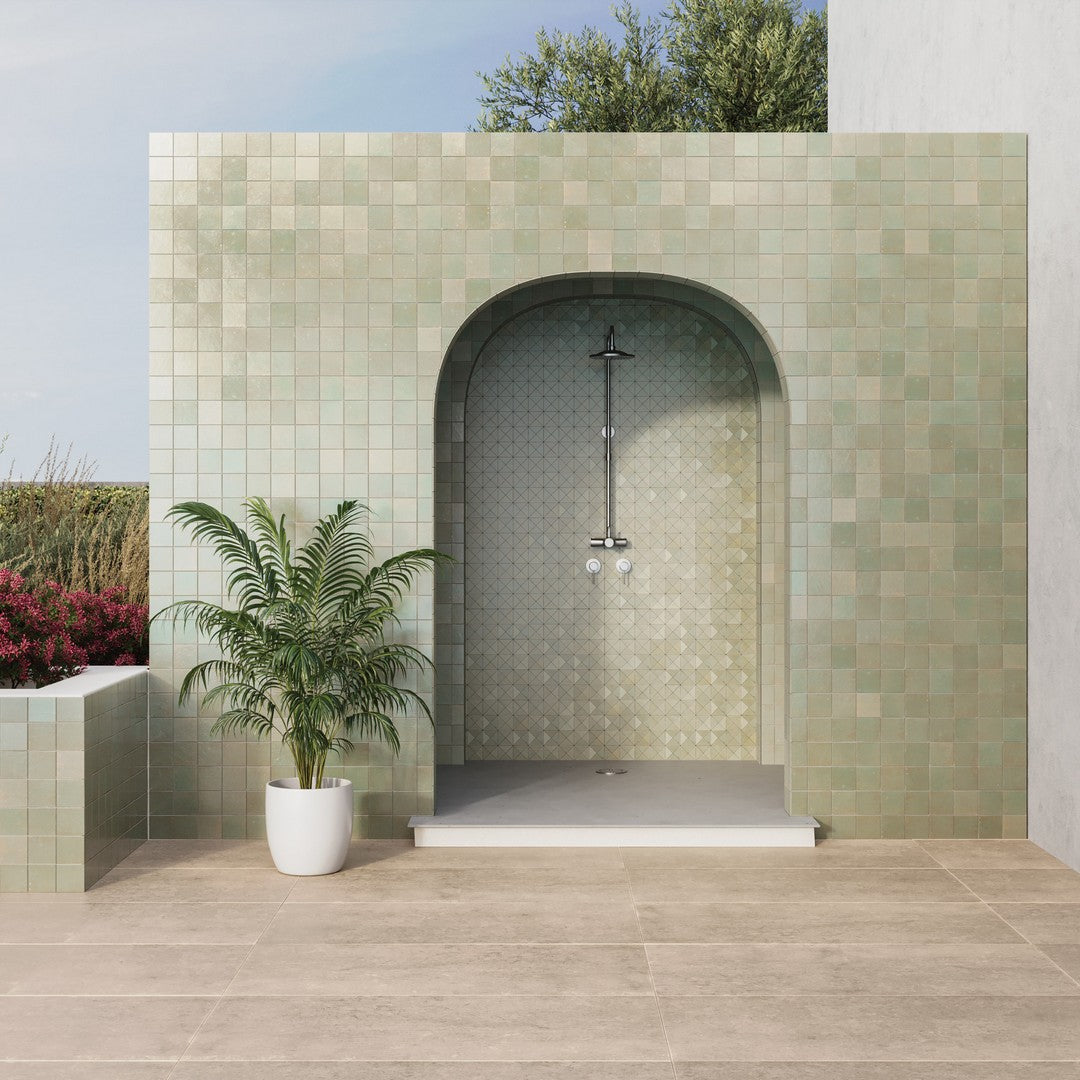
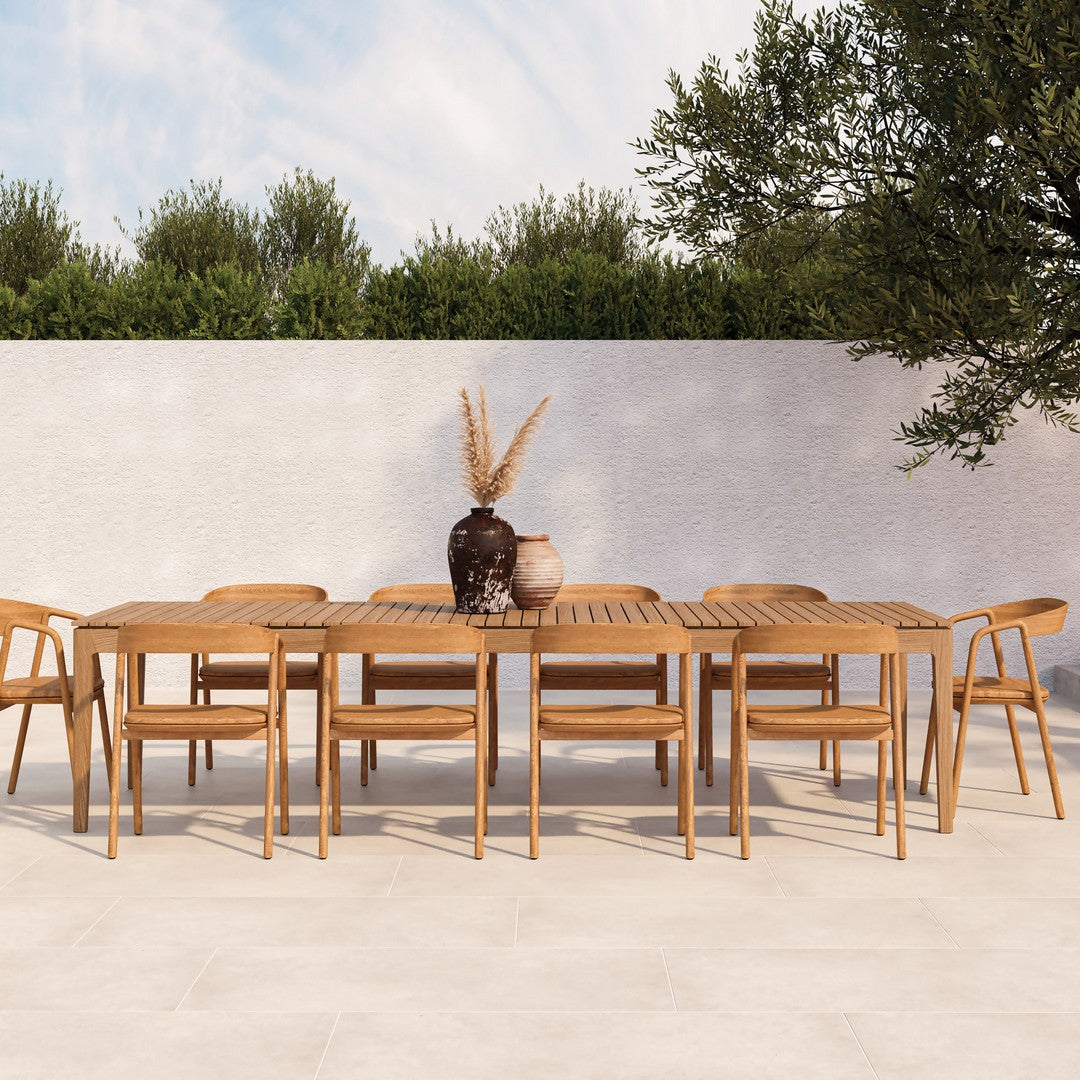
 Bedrosians Thaddeus 24" x 48" Matte R11 Anti-Slip Rated Porcelain Tile
Bedrosians Thaddeus 24" x 48" Matte R11 Anti-Slip Rated Porcelain Tile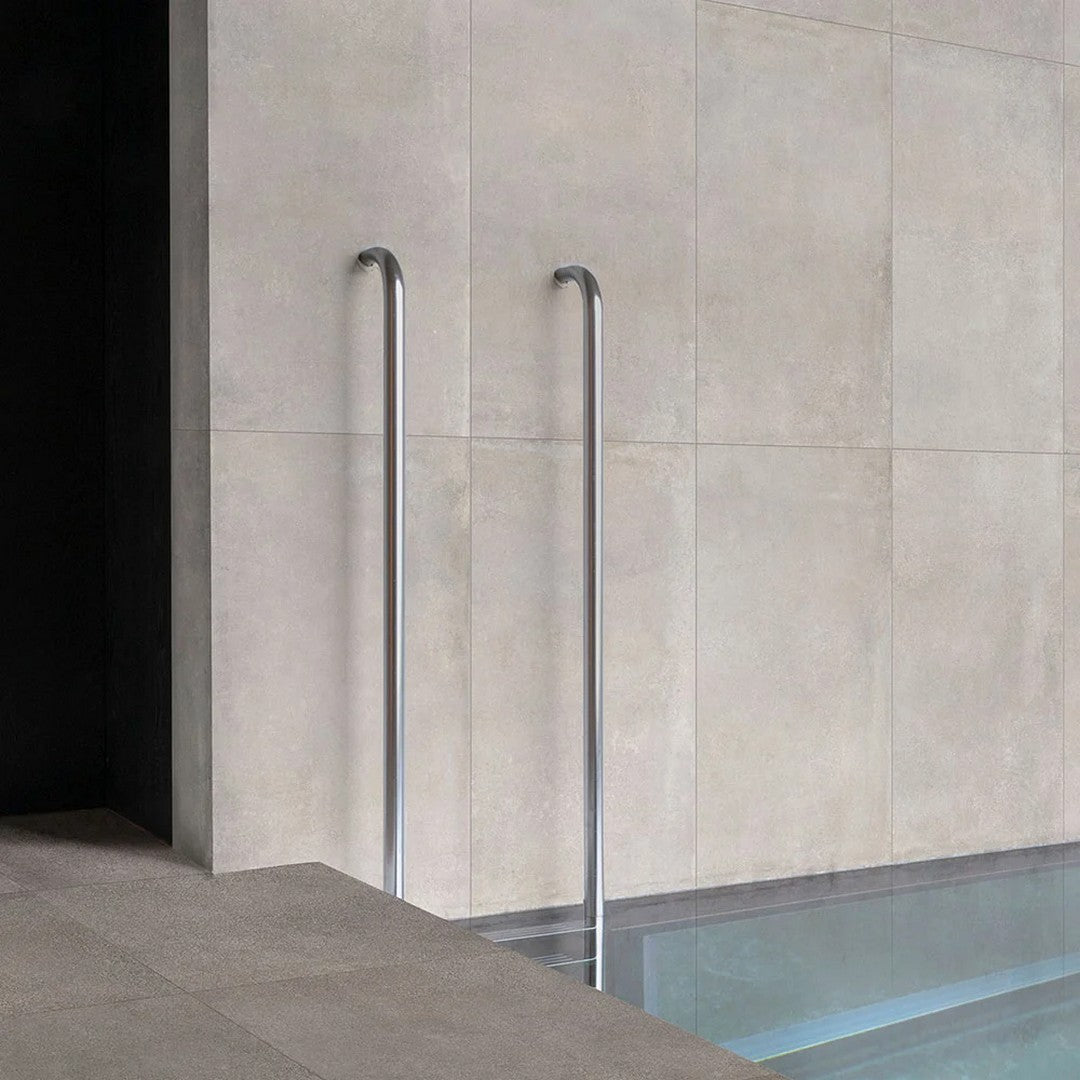

 CommodiTile Durstone 24" x 48" Rectified Matte Porcelain R11 Anti-Slip Tile
CommodiTile Durstone 24" x 48" Rectified Matte Porcelain R11 Anti-Slip Tile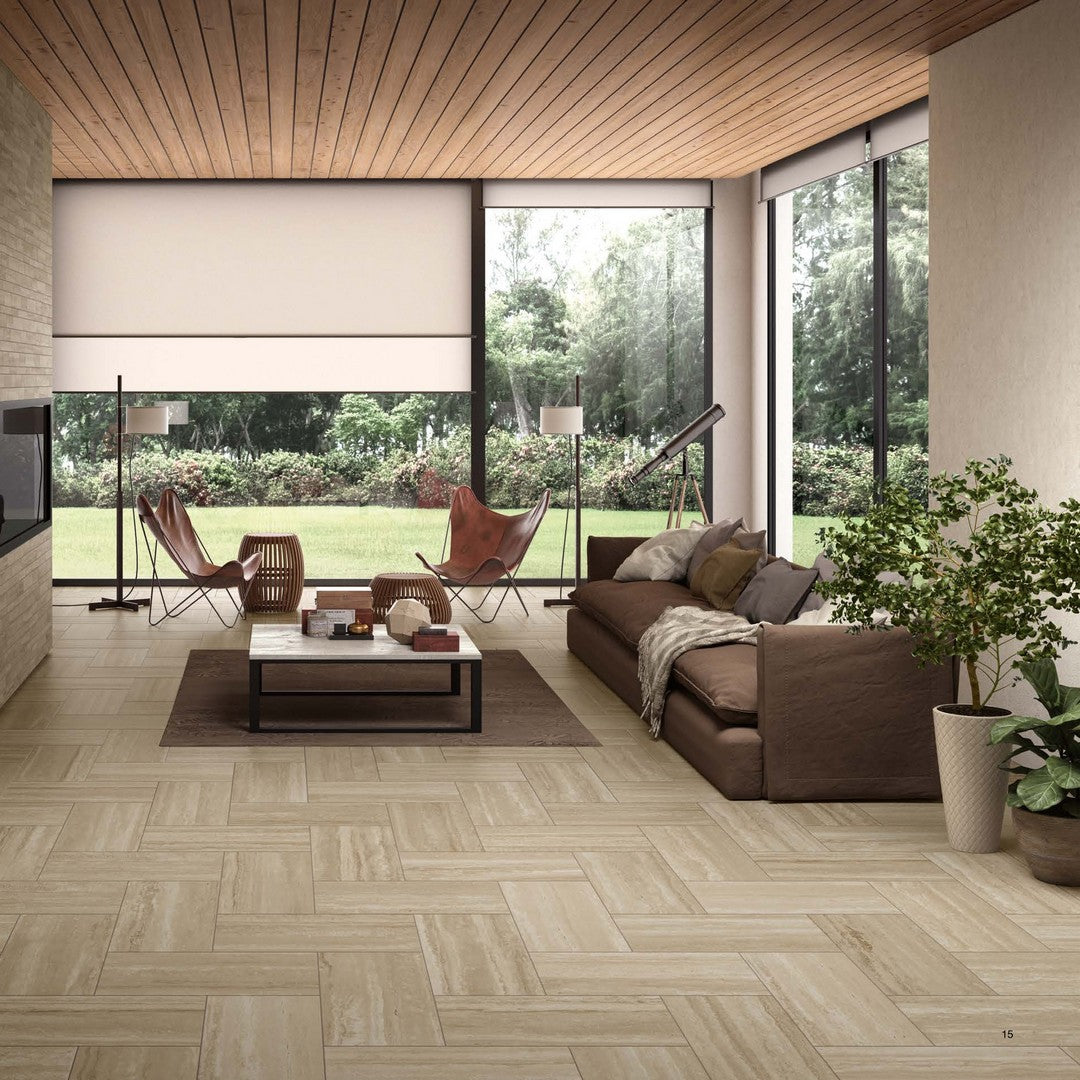
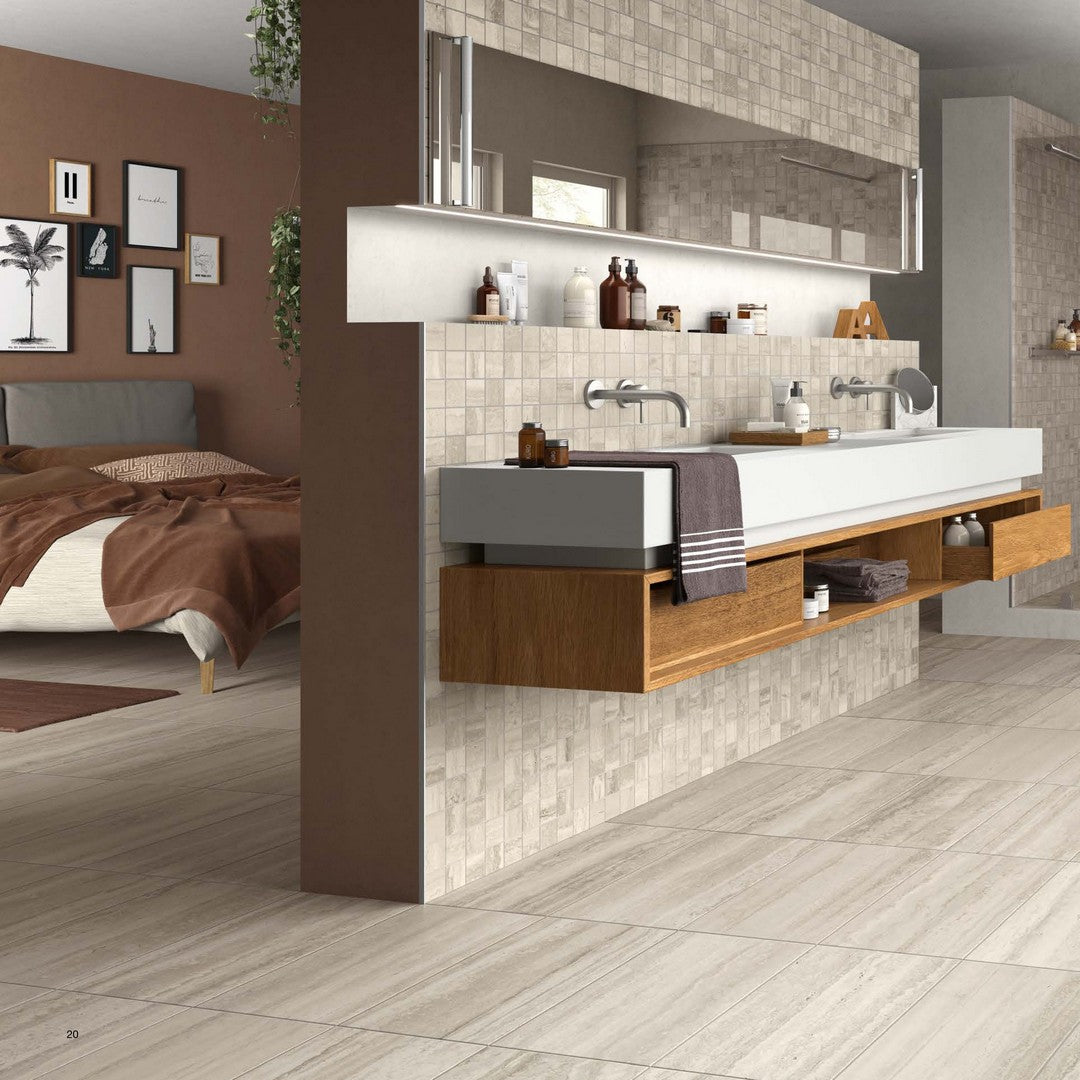
 Panaria Ceramica Flow 12" x 24" Anti Slip Porcelain Tile
Panaria Ceramica Flow 12" x 24" Anti Slip Porcelain Tile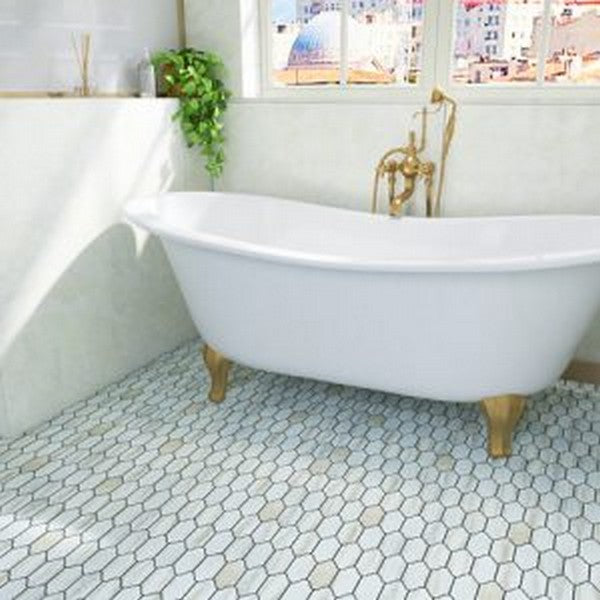
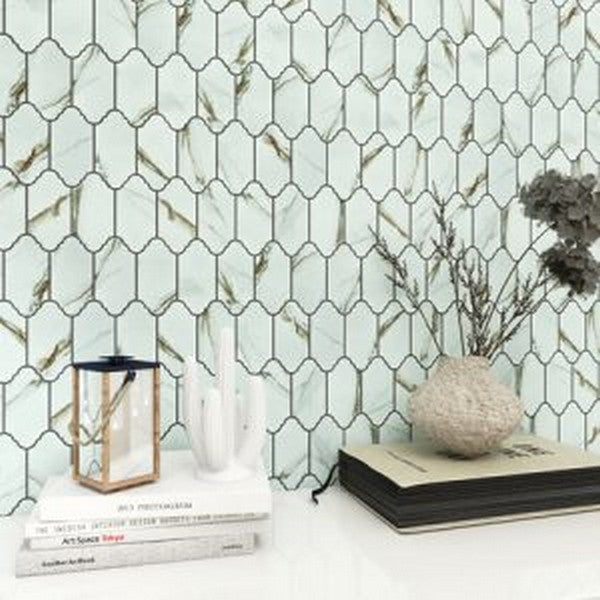
 Maniscalco Stone Provence 9.5" x 12.2" Matte Anti Slip Porcelain 2x4" Mini Provenzal Mosaic
Maniscalco Stone Provence 9.5" x 12.2" Matte Anti Slip Porcelain 2x4" Mini Provenzal Mosaic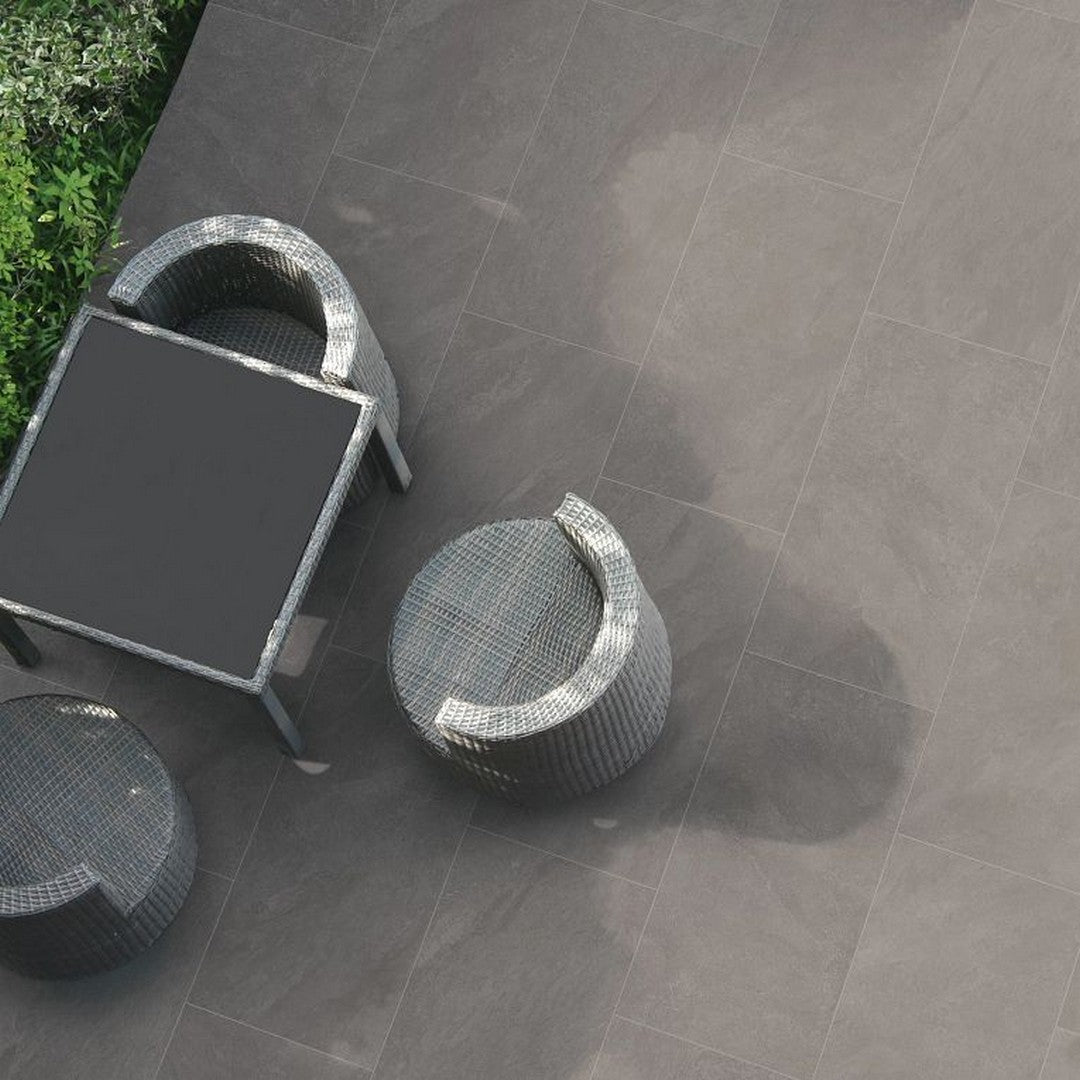
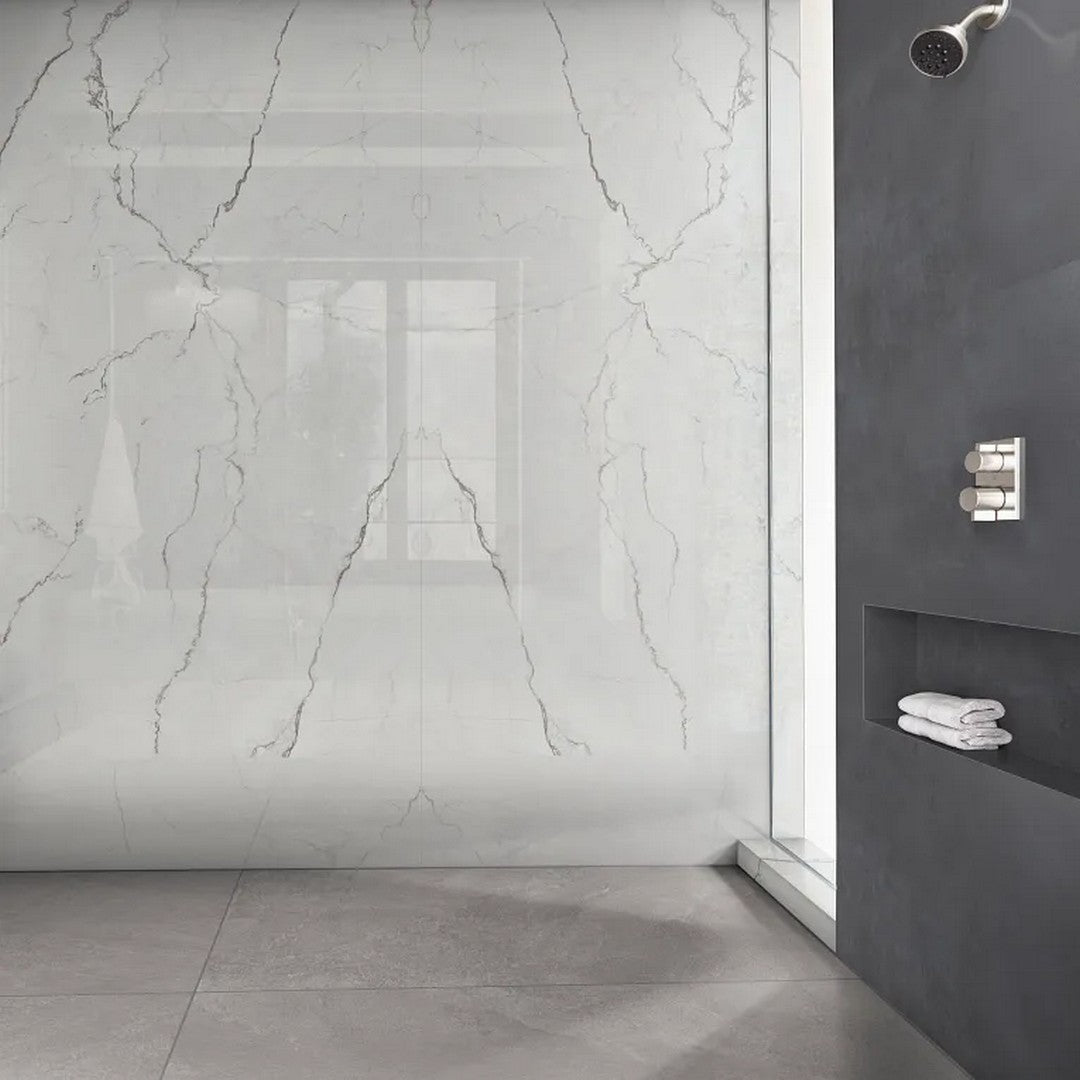
 Arizona Ardesia Series 24" x 48" R11 Anti-Slip Rectified Porcelain Tile
Arizona Ardesia Series 24" x 48" R11 Anti-Slip Rectified Porcelain Tile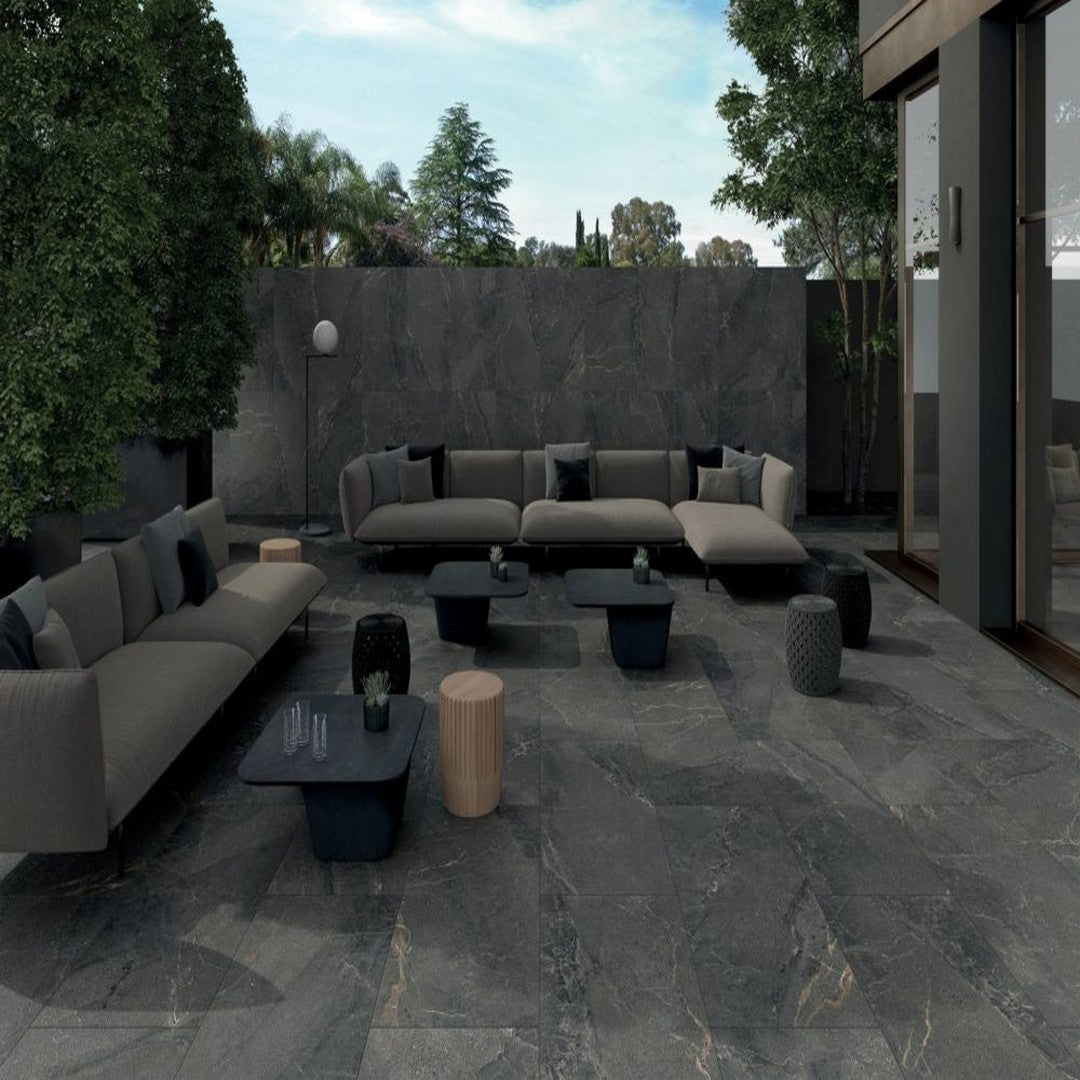
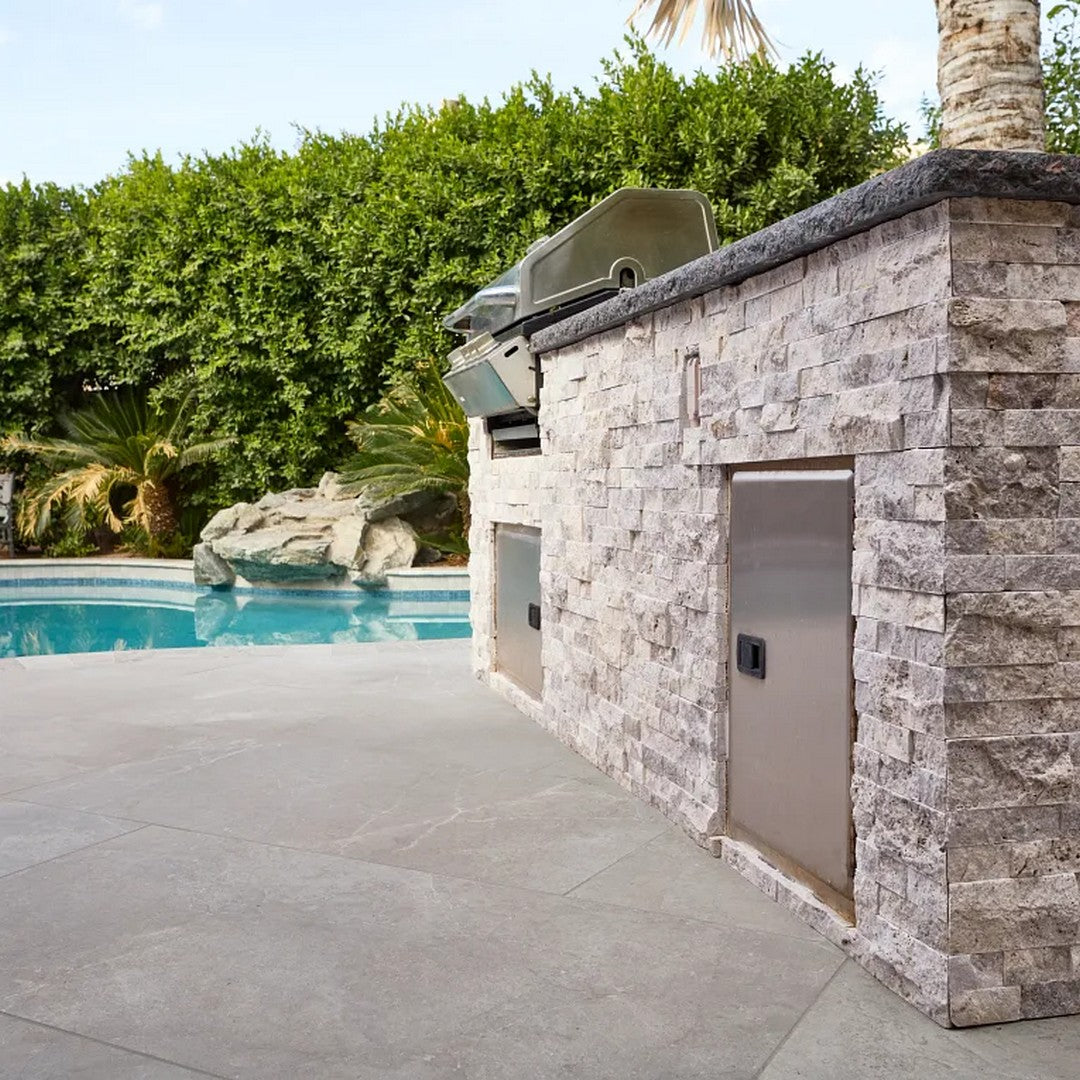
 Arizona Anthea Series 24" x 48" R11 Anti-Slip Rectified Porcelain Tile
Arizona Anthea Series 24" x 48" R11 Anti-Slip Rectified Porcelain Tile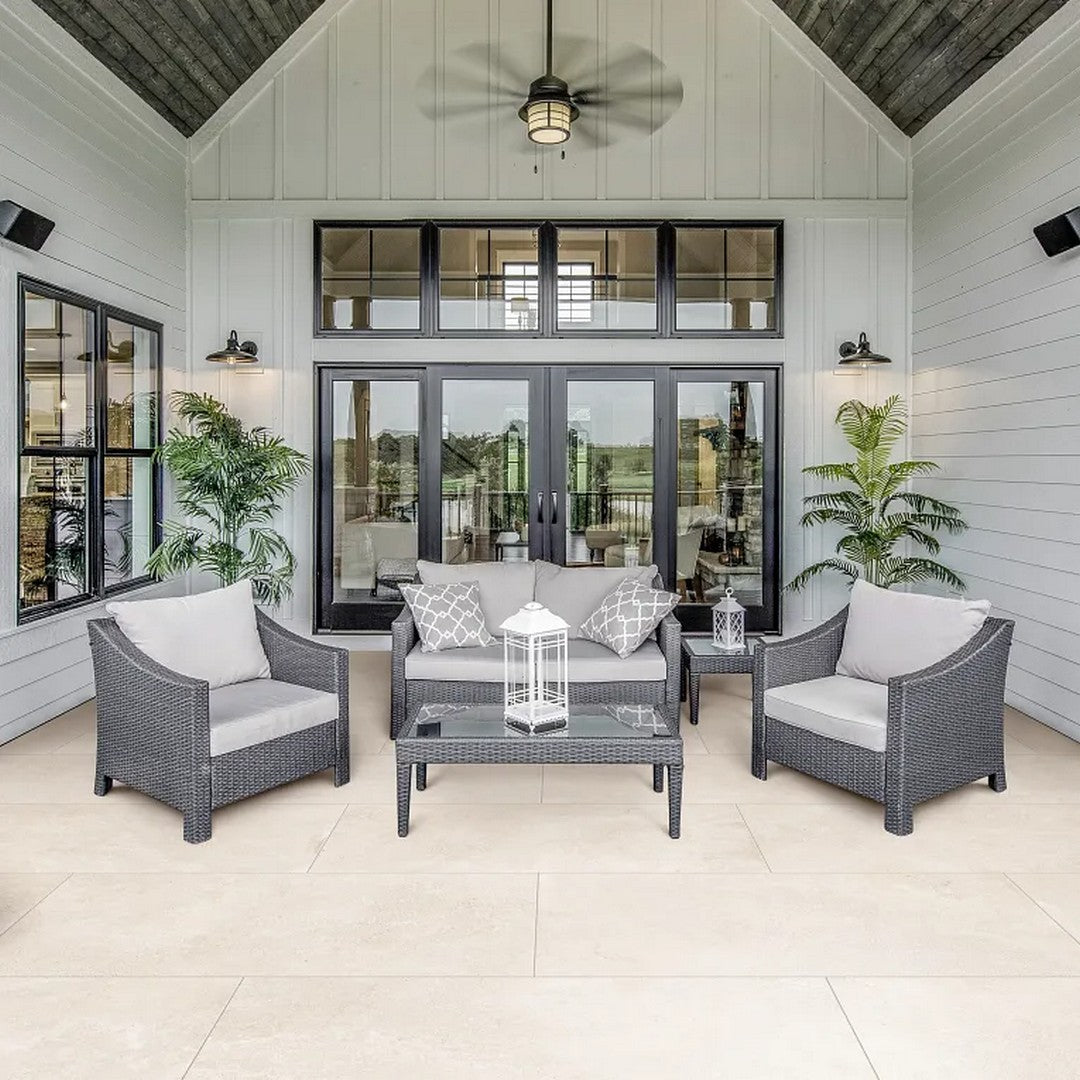

 Arizona Borgo 24" x 48" R11 Anti-Slip Rectified Porcelain Tile
Arizona Borgo 24" x 48" R11 Anti-Slip Rectified Porcelain Tile
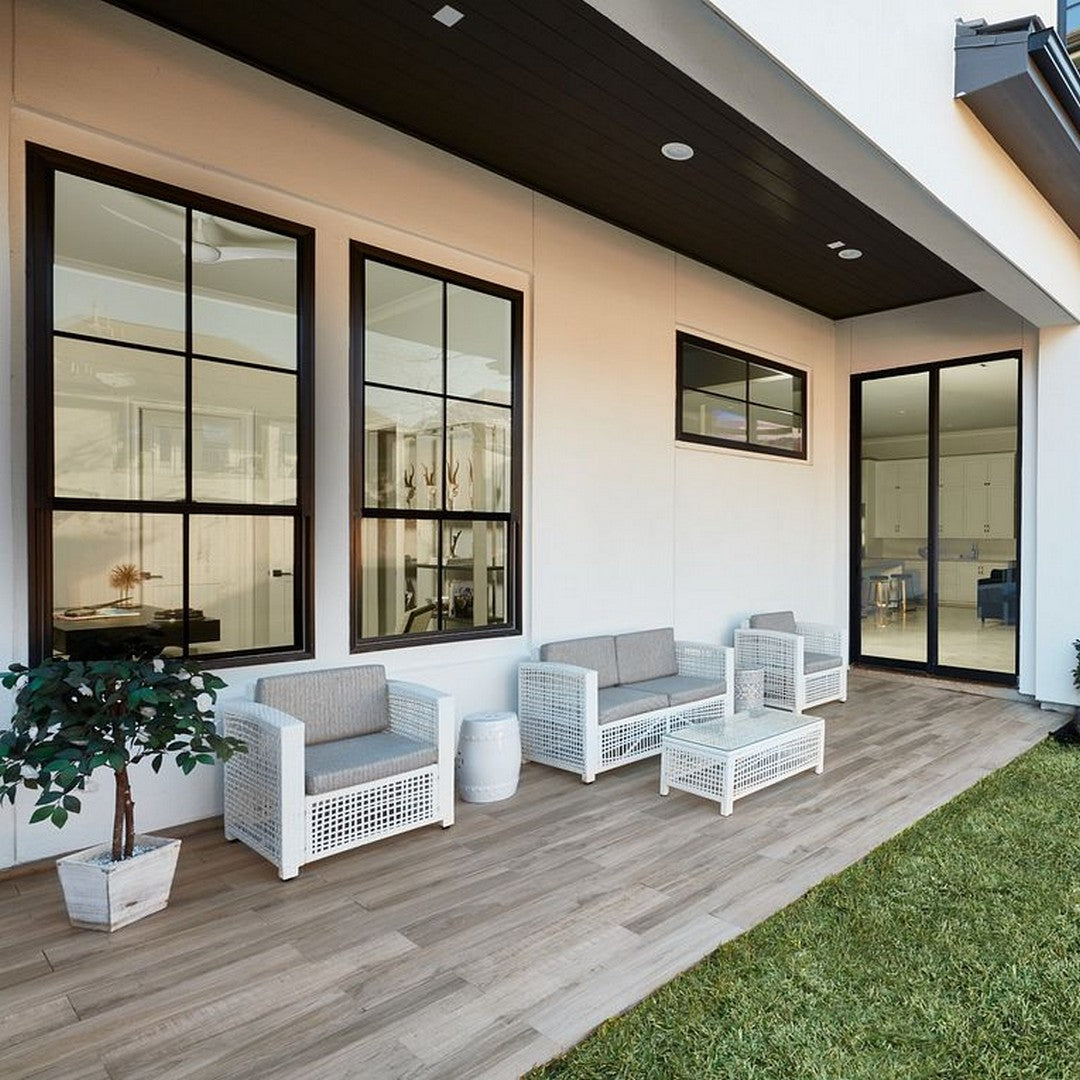
 Arizona Aequa 8" x 32" R11 Anti-Slip Rectified Porcelain Tile
Arizona Aequa 8" x 32" R11 Anti-Slip Rectified Porcelain Tile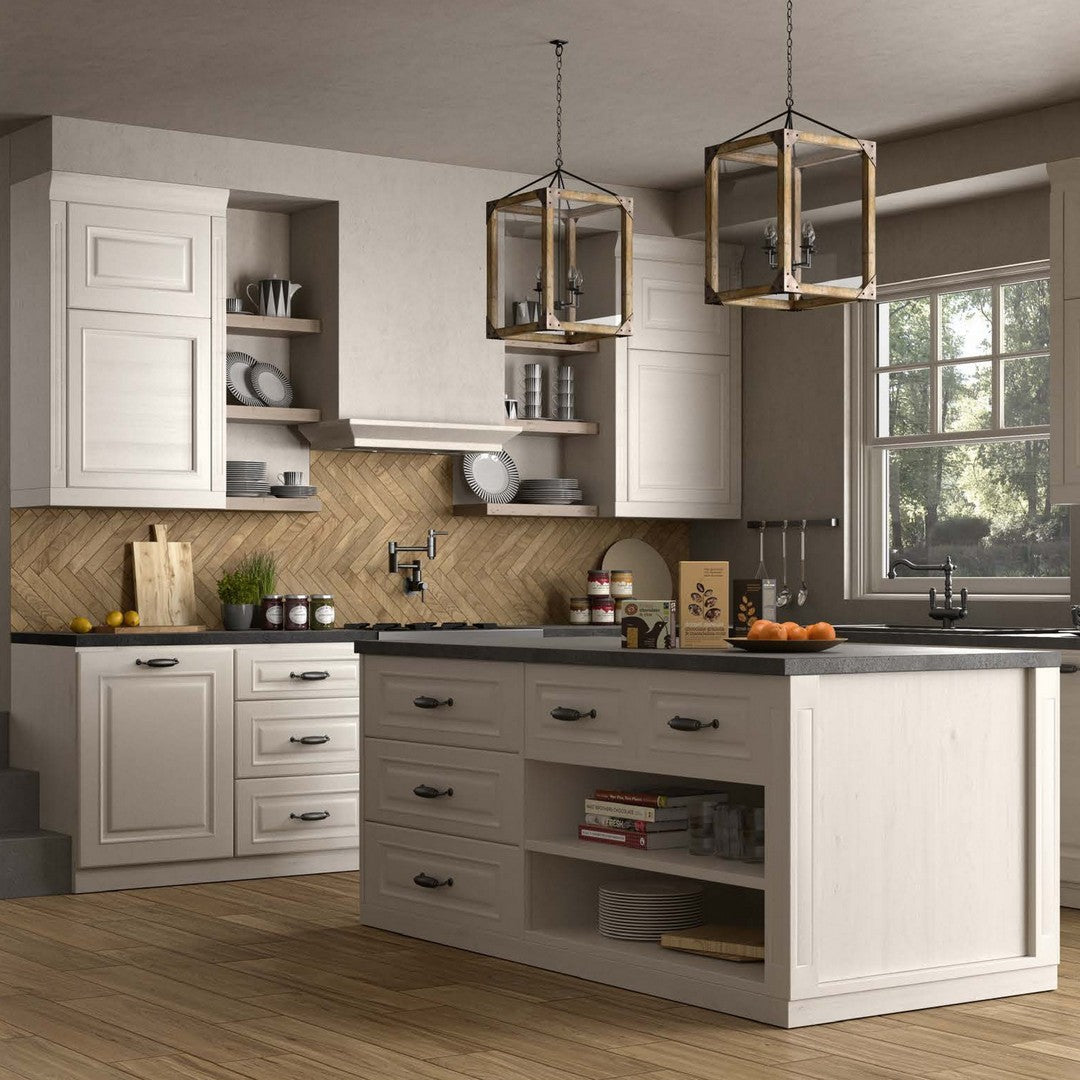
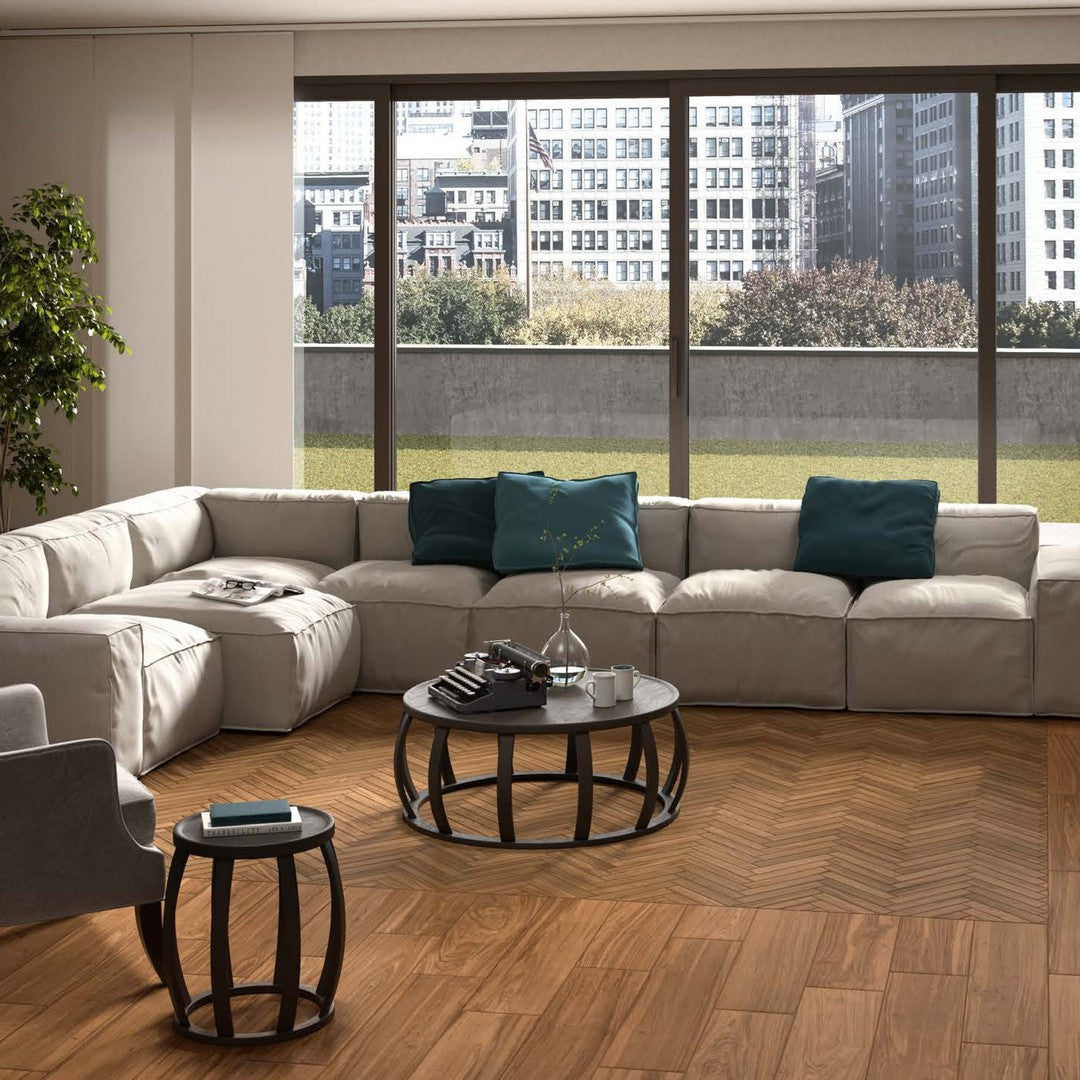
 Panaria Ceramica Life 10" x 24" Rectified Anti Slip Herringbone Porcelain Tile
Panaria Ceramica Life 10" x 24" Rectified Anti Slip Herringbone Porcelain Tile

 Panaria Ceramica Home 12" x 12" Rectified Natural Porcelain 2.4" Mosaic
Panaria Ceramica Home 12" x 12" Rectified Natural Porcelain 2.4" Mosaic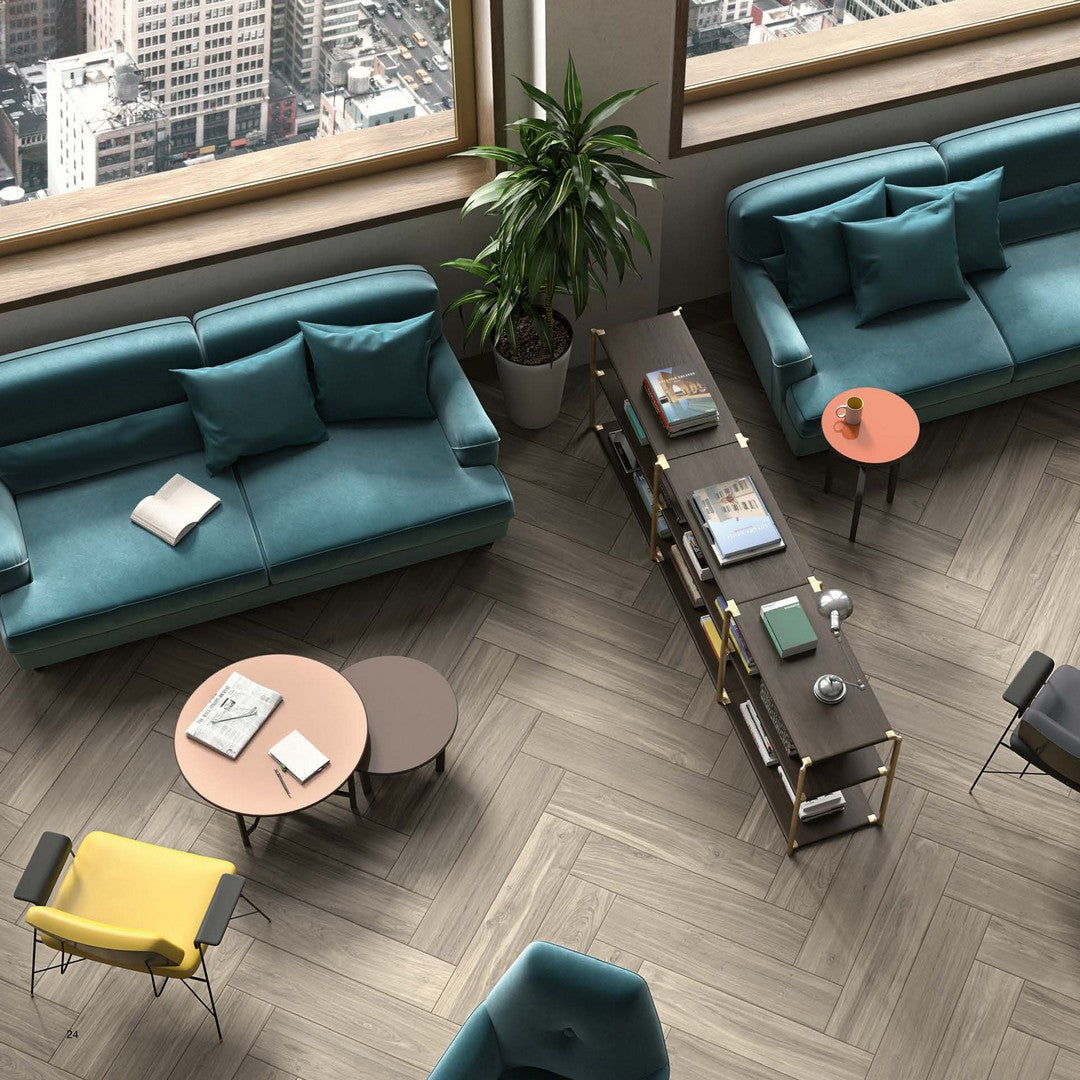
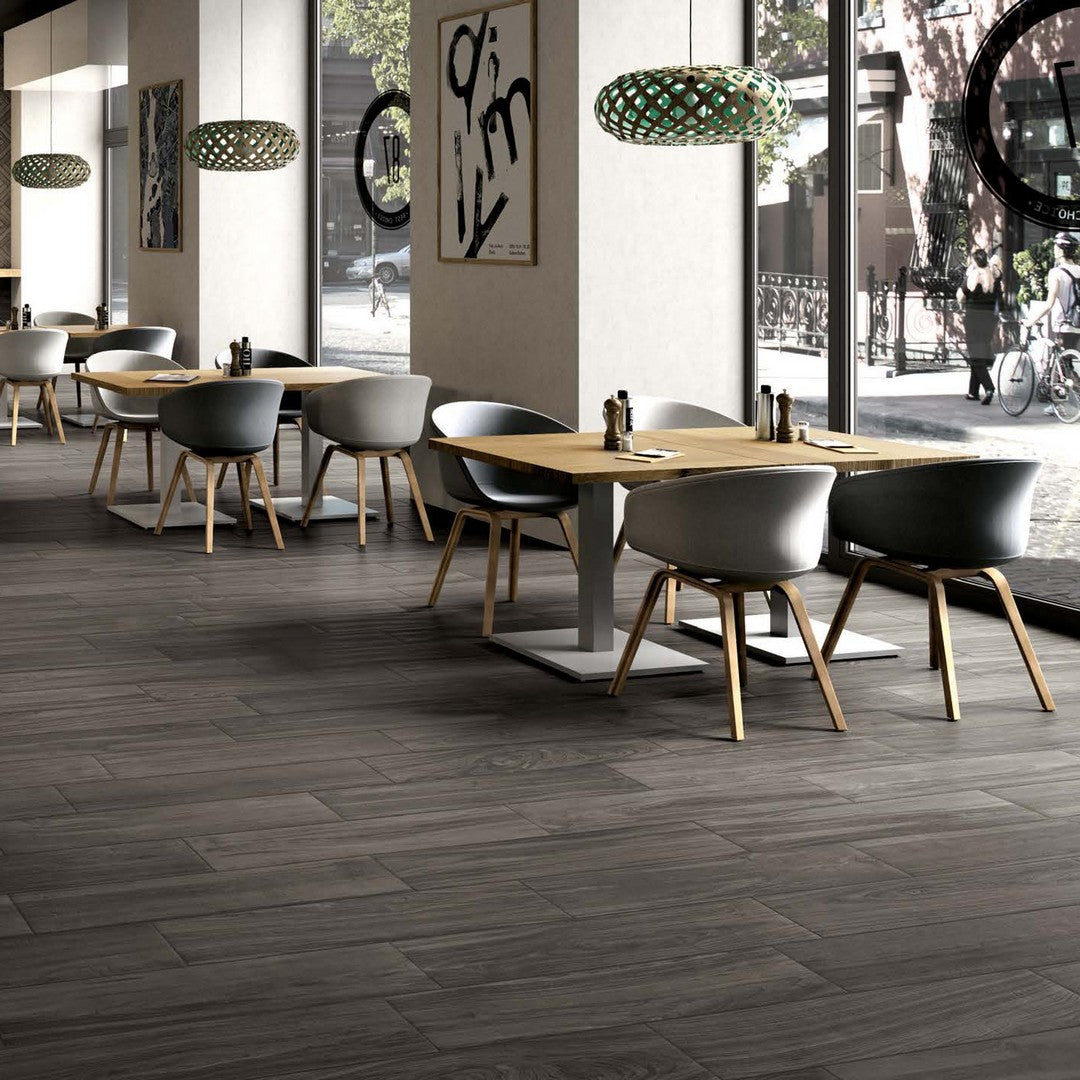
 Panaria Ceramica Life 8 x 36" Anti Slip Porcelain Tile
Panaria Ceramica Life 8 x 36" Anti Slip Porcelain Tile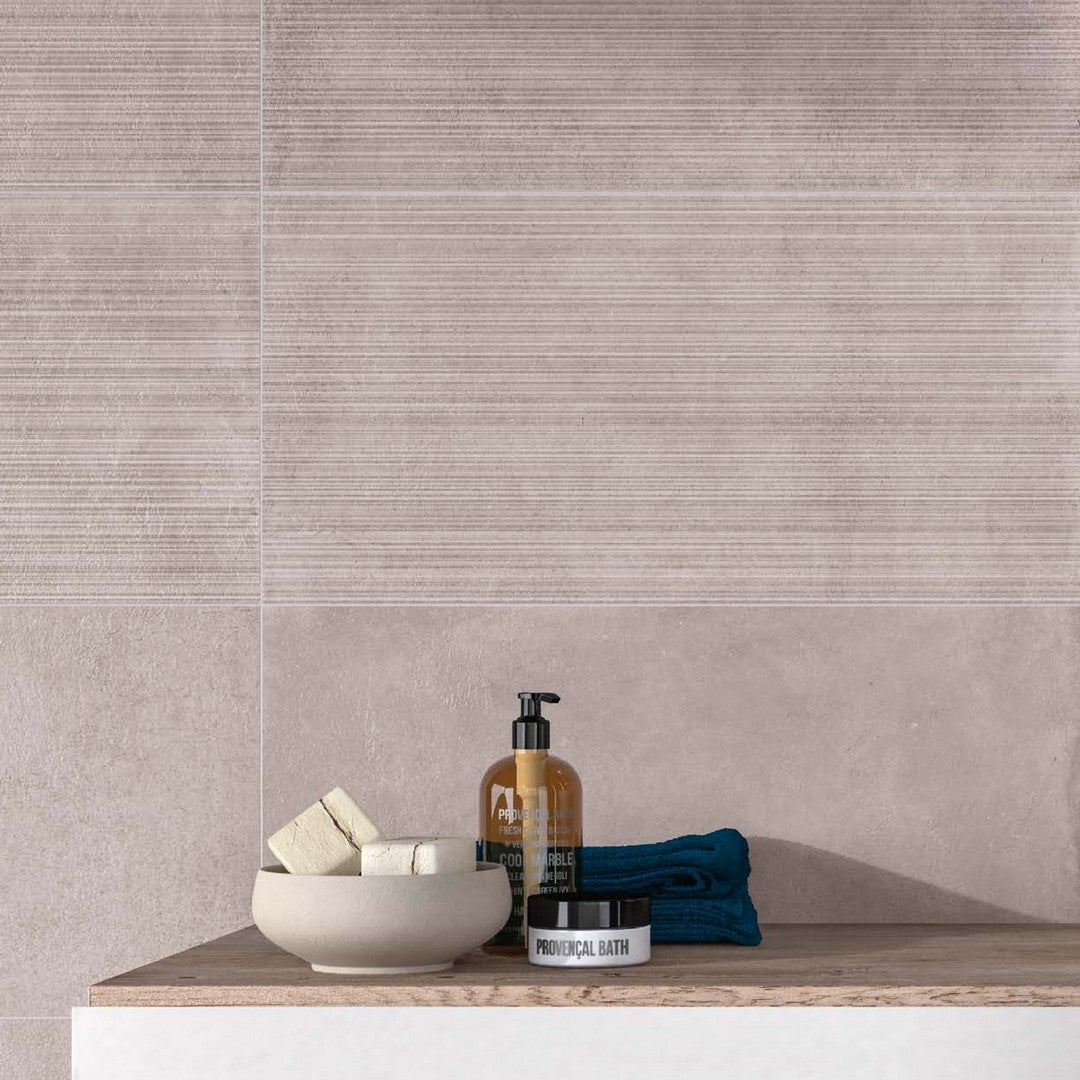

 Panaria Ceramica Metropolitan 12" x 24" Anti Slip Stripes Porcelain Tile
Panaria Ceramica Metropolitan 12" x 24" Anti Slip Stripes Porcelain Tile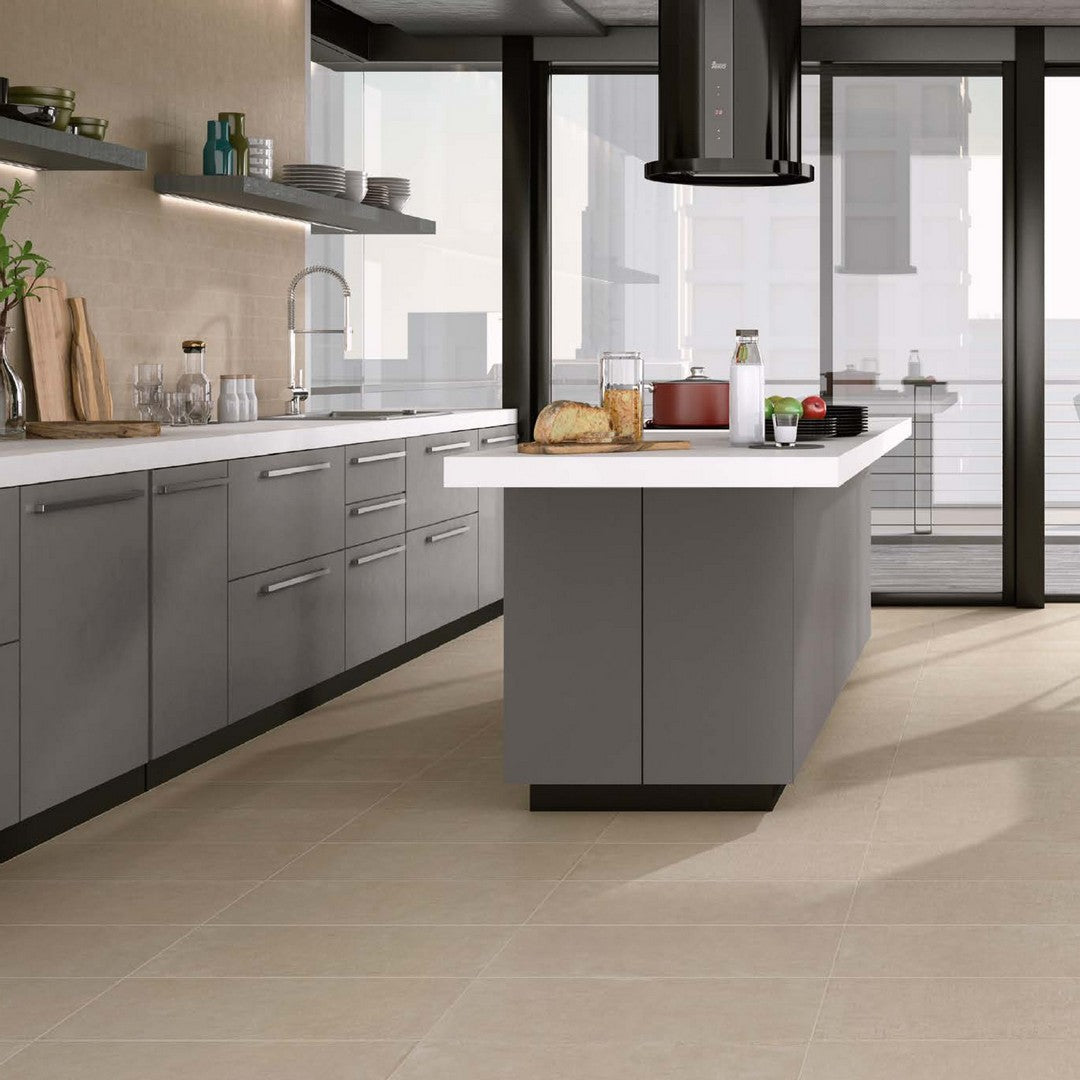

 Panaria Ceramica Metropolitan 12" x 24" Anti Slip Porcelain Tile
Panaria Ceramica Metropolitan 12" x 24" Anti Slip Porcelain Tile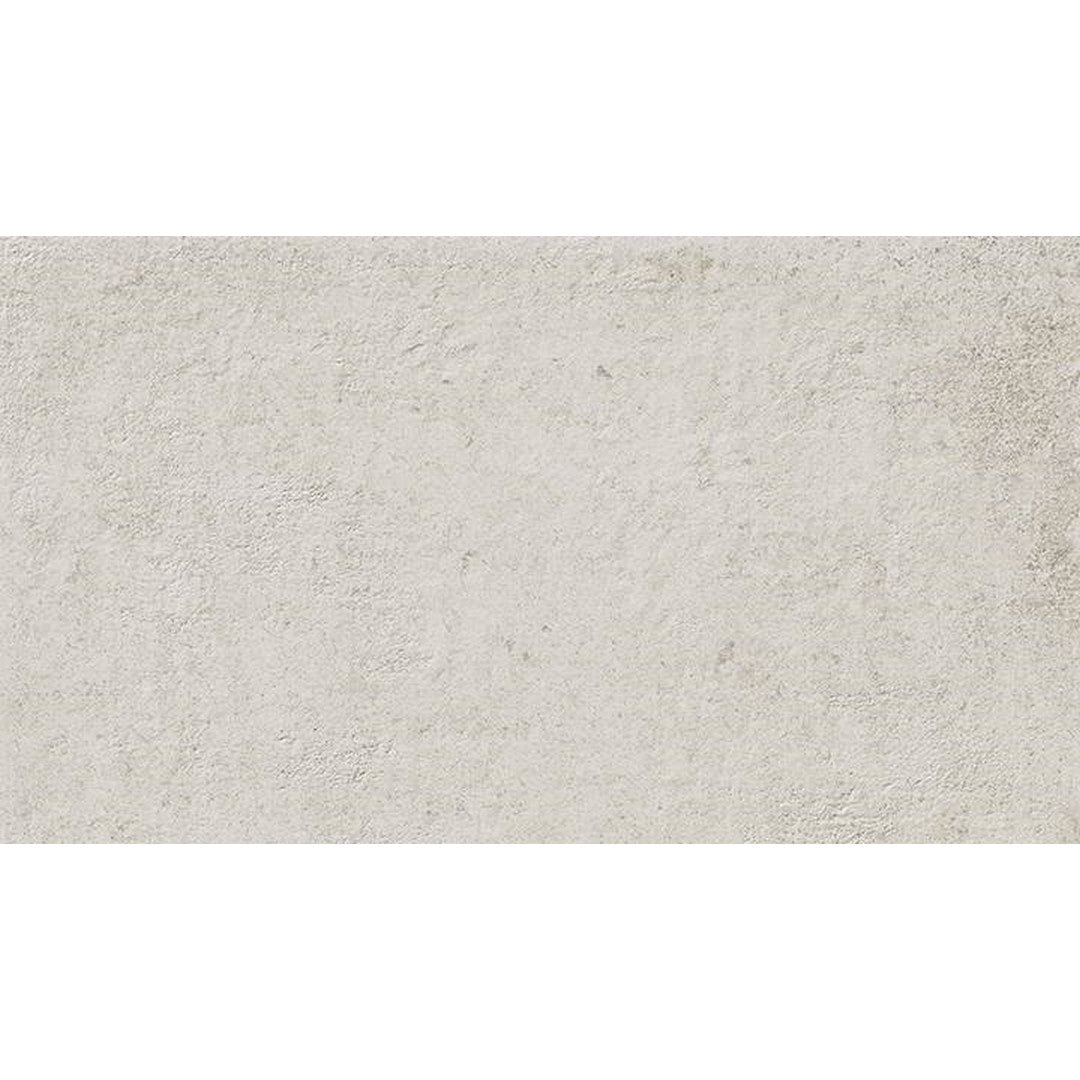
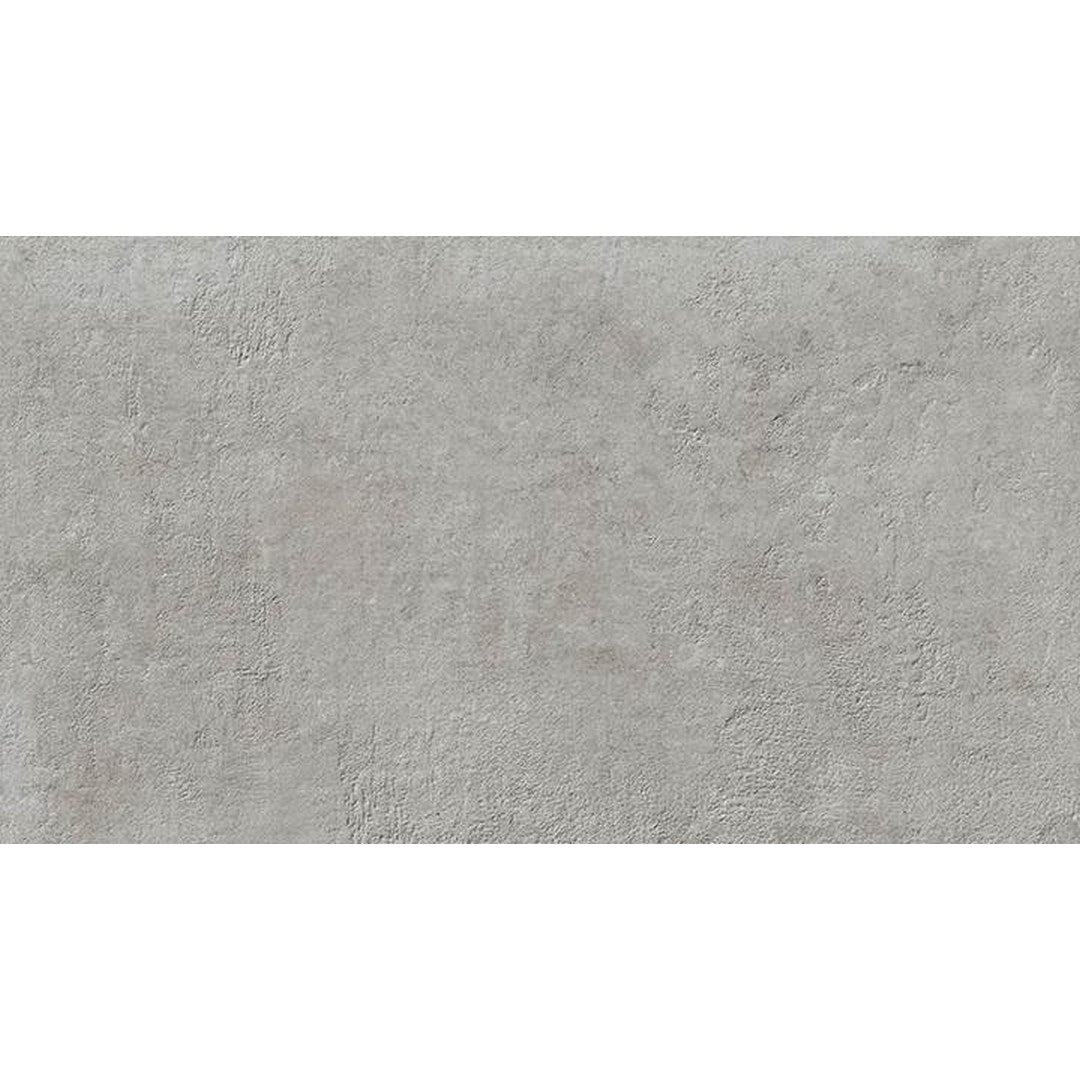
 Panaria Ceramica Home 24" x 48" Rectified Anti Slip Porcelain Tile
Panaria Ceramica Home 24" x 48" Rectified Anti Slip Porcelain Tile
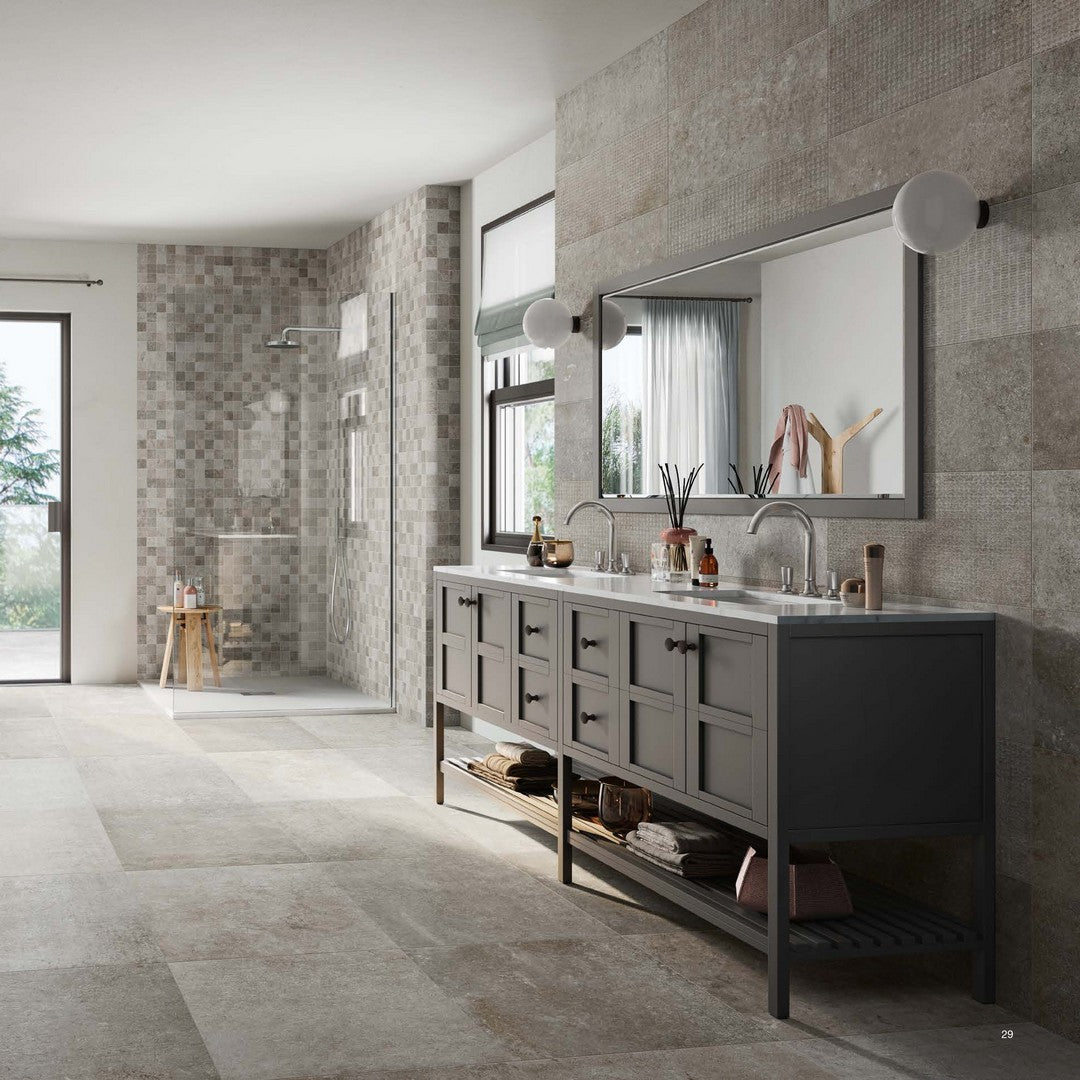
 Panaria Ceramica Home 24" x 24" Rectified Anti Slip Porcelain Tile
Panaria Ceramica Home 24" x 24" Rectified Anti Slip Porcelain Tile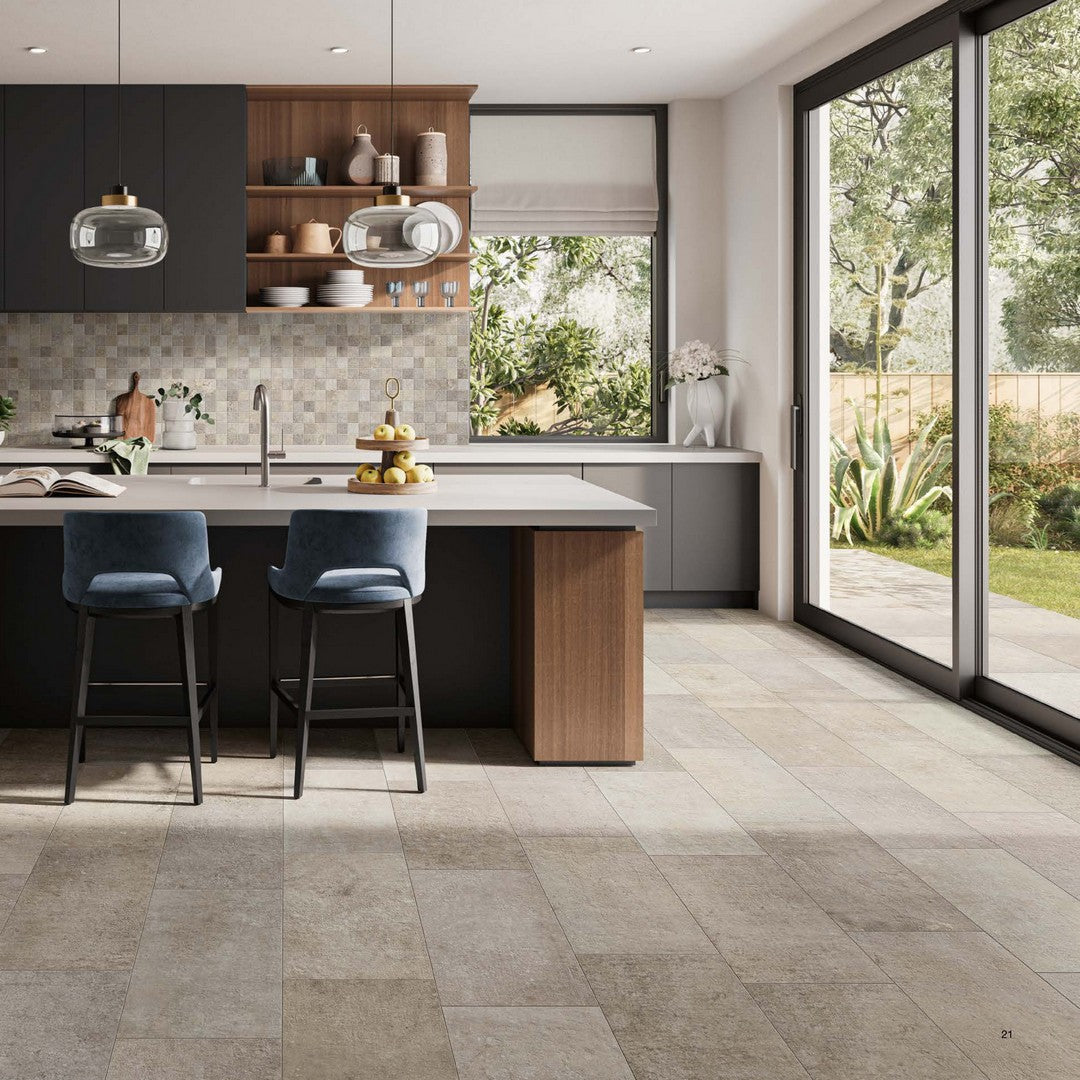

 Panaria Ceramica Home 12" x 24" Rectified Anti Slip Porcelain Tile
Panaria Ceramica Home 12" x 24" Rectified Anti Slip Porcelain Tile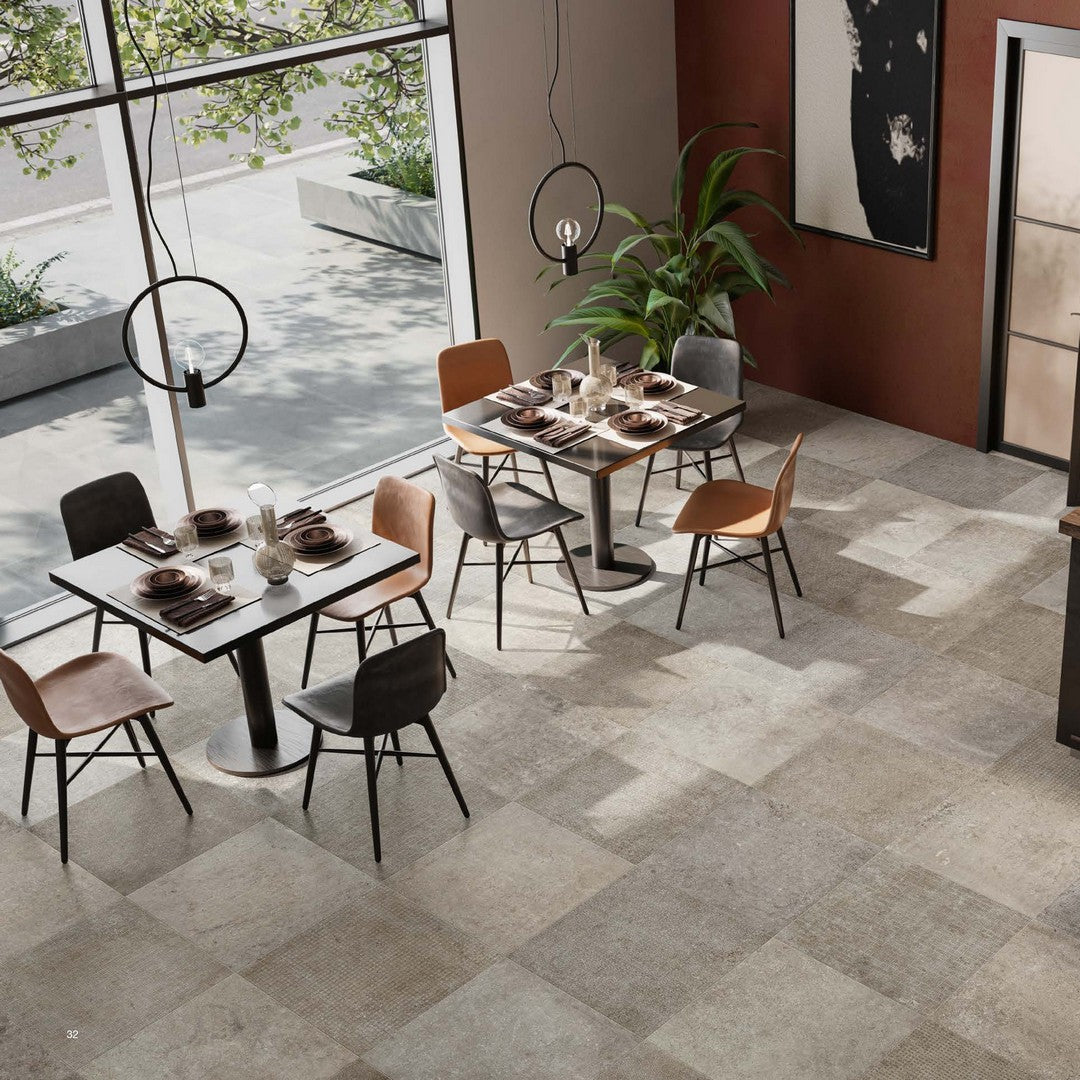
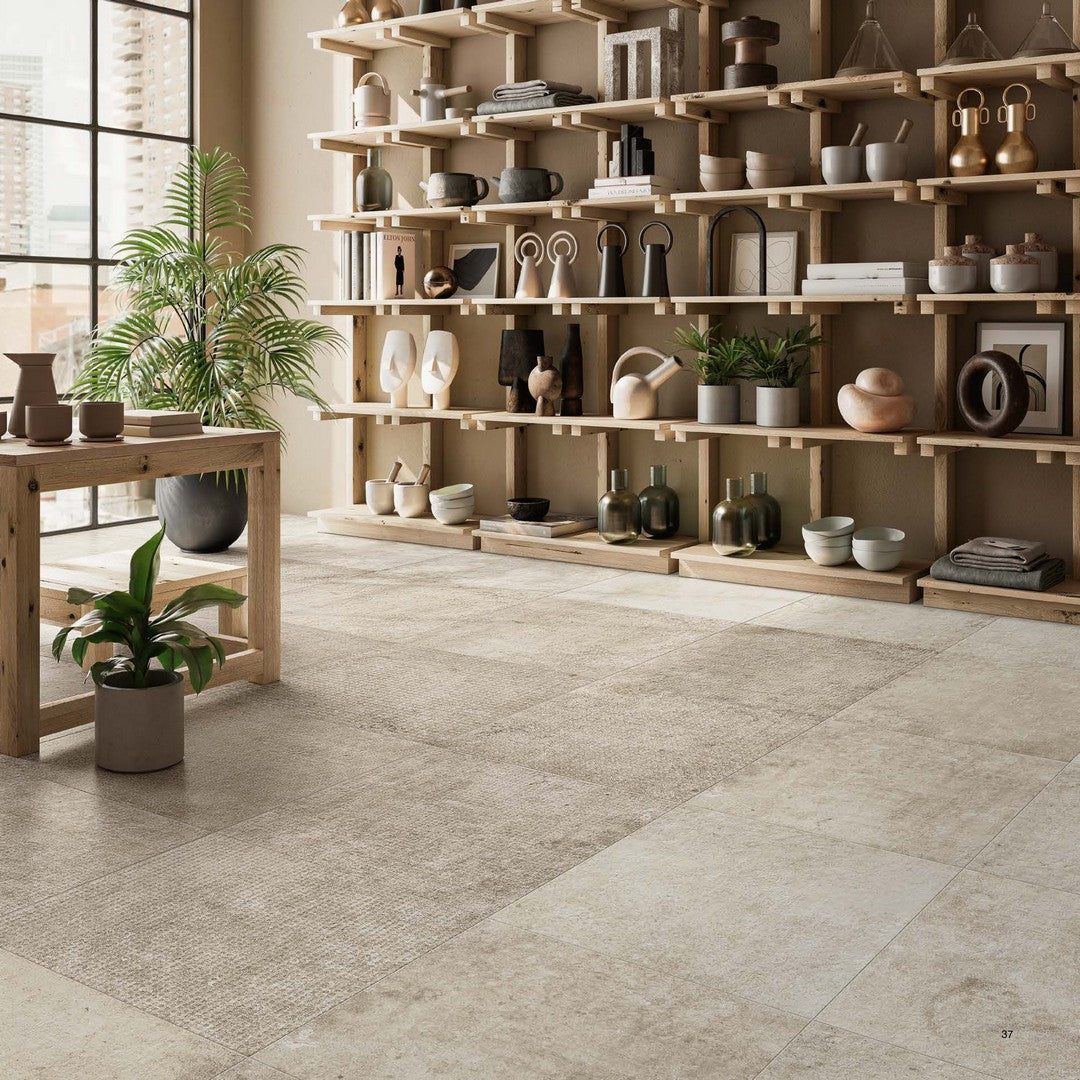
 Panaria Ceramica Home 24" x 24" Rectified Anti Slip Accessory Porcelain Tile
Panaria Ceramica Home 24" x 24" Rectified Anti Slip Accessory Porcelain Tile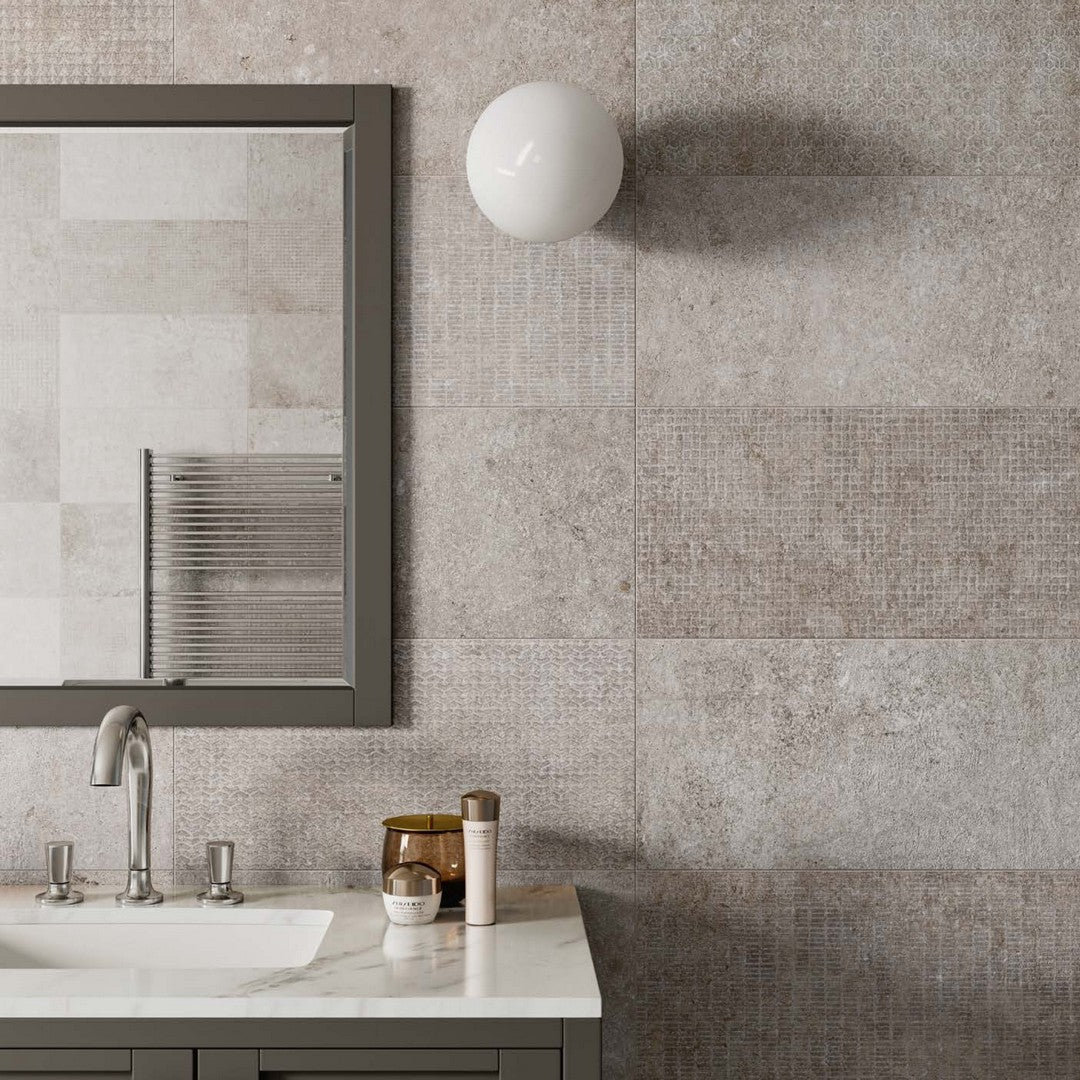
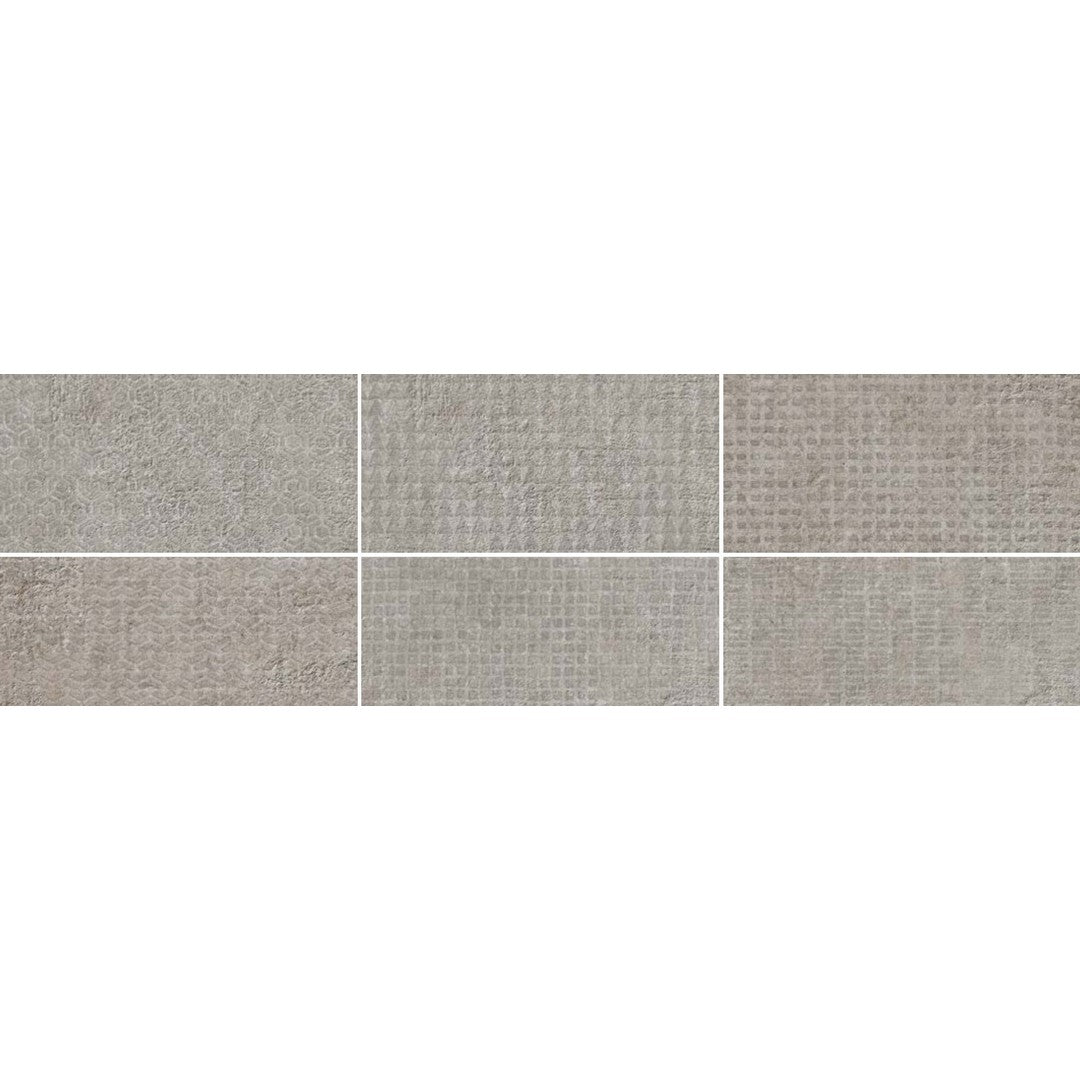
 Panaria Ceramica Home 12" x 24" Rectified Anti Slip Accessory Porcelain Tile
Panaria Ceramica Home 12" x 24" Rectified Anti Slip Accessory Porcelain Tile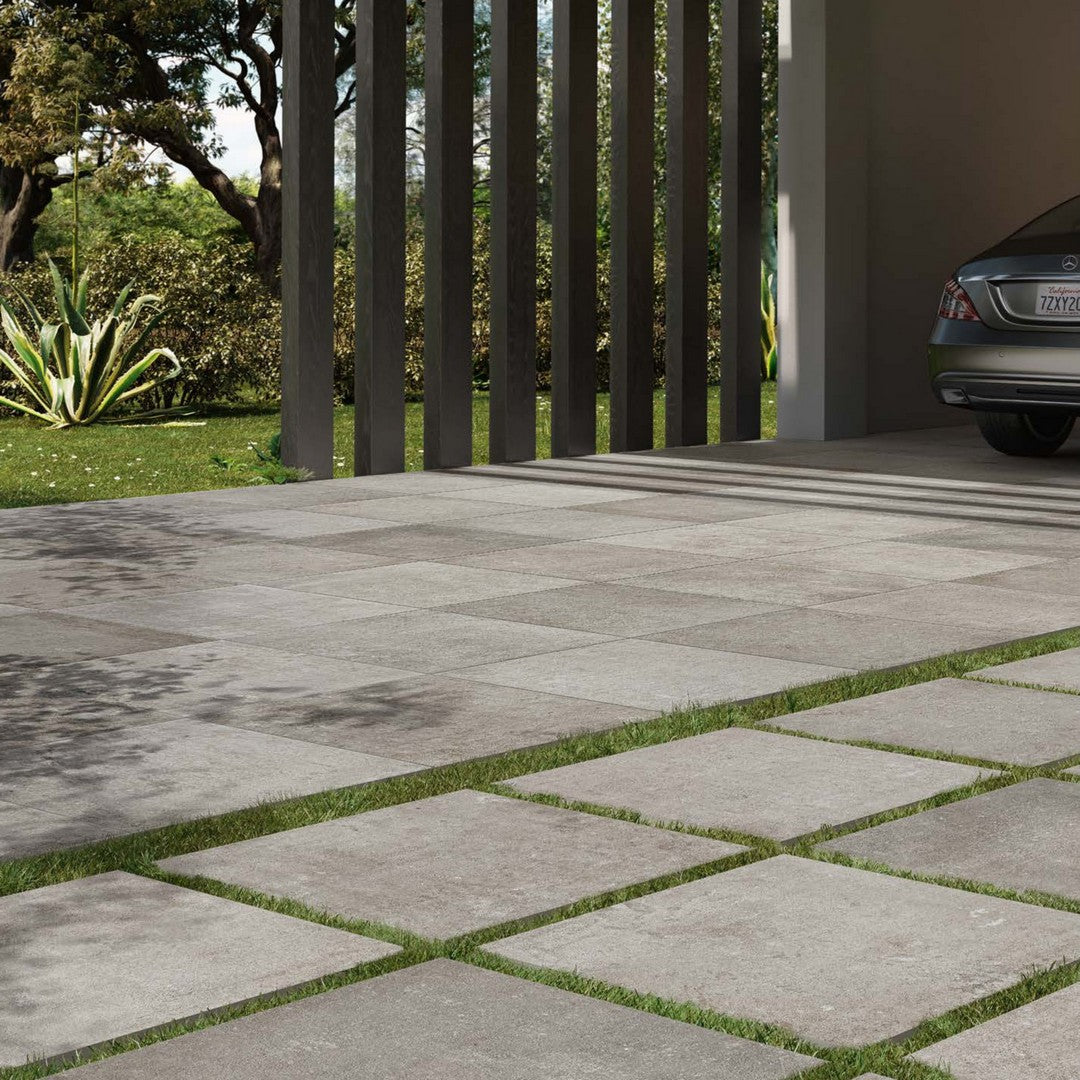

 Panaria Ceramica Home 24" x 24" Anti Slip 2cm Porcelain Tile
Panaria Ceramica Home 24" x 24" Anti Slip 2cm Porcelain Tile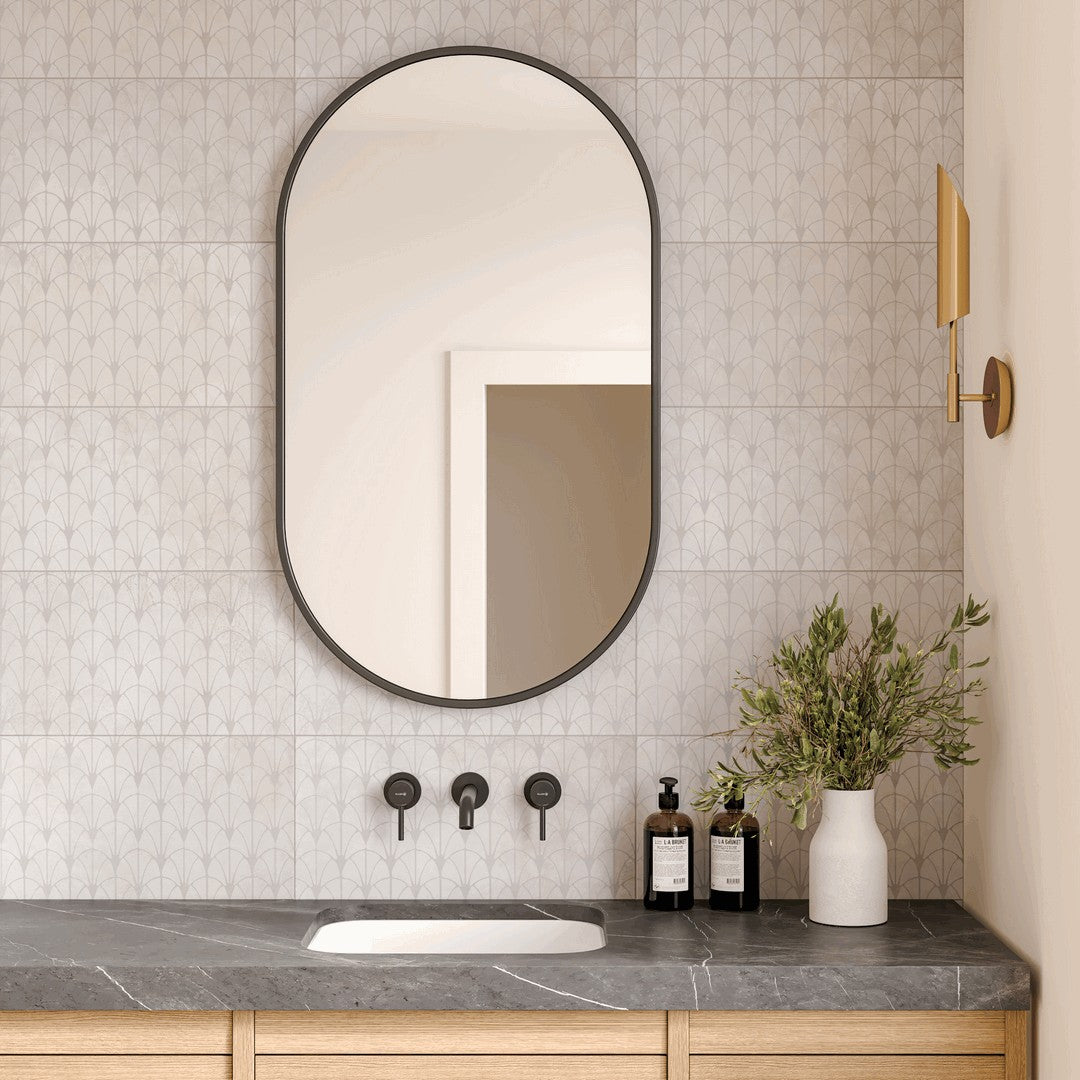

 Bedrosians Wave 12" x 24" Honed Porcelain Fan Deco Tile
Bedrosians Wave 12" x 24" Honed Porcelain Fan Deco Tile

 Bedrosians Poetry Stone 24" x 36" Matte Porcelain R11 Paver
Bedrosians Poetry Stone 24" x 36" Matte Porcelain R11 Paver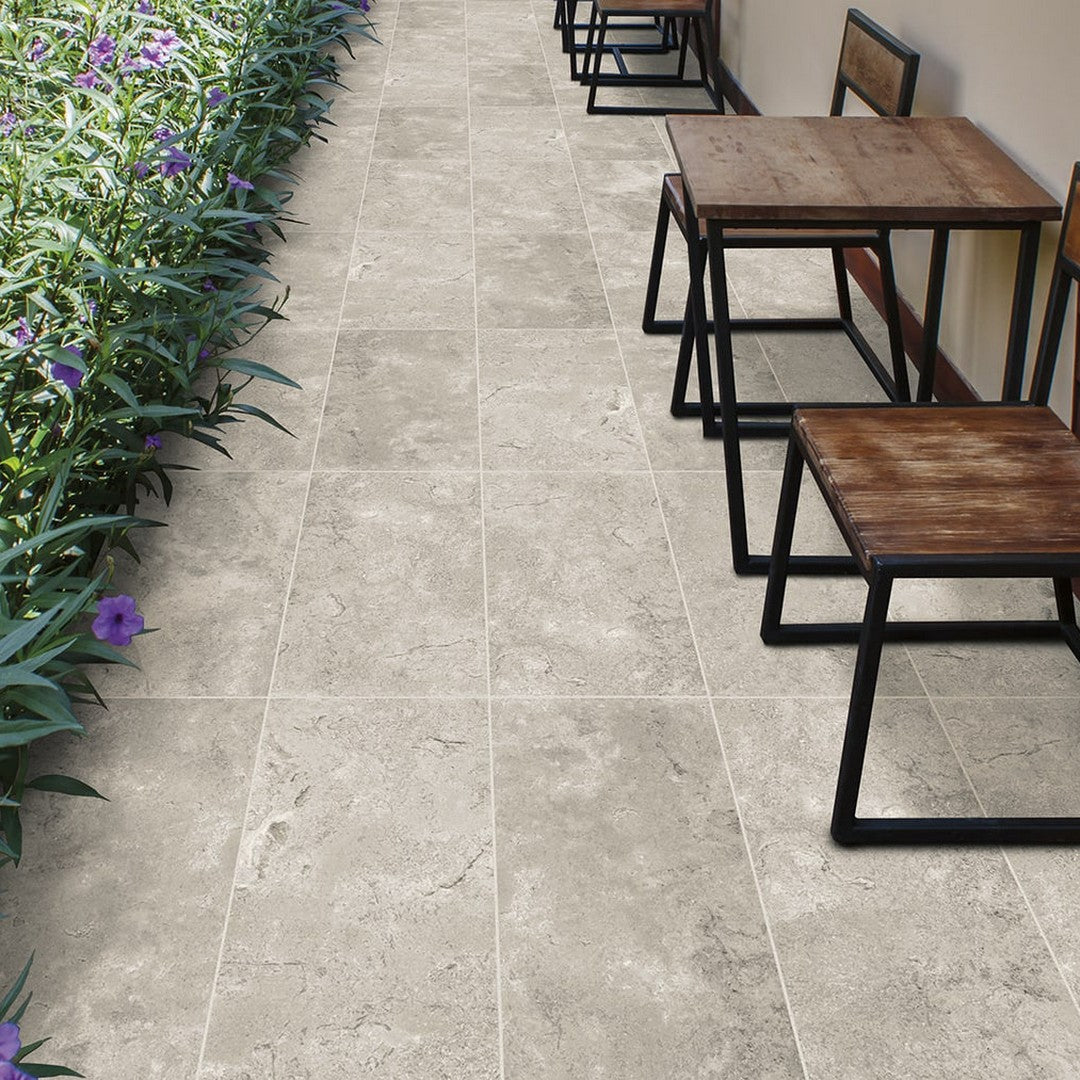

 Del Conca USA Travstone 2 - 16" x 32" Anti Slip Porcelain Paver
Del Conca USA Travstone 2 - 16" x 32" Anti Slip Porcelain PaverThe Science Behind Anti-Slip Floor Tiles: Do They Really Work?
Anti slip tiles are a popular choice for floors in homes and businesses, especially in places where area can get wet and slippery, like bathrooms, kitchens, or outdoor areas. But how do these tiles actually work, and can they really stop slips and falls? In this blog post, we’ll break down the science behind anti-slip tiles and look at whether they deliver on their promise of safety.
How Anti-Slip Tiles Work?
The main idea behind anti-slip tiles is friction. Friction is the force that keeps your feet from sliding on a surface. Water lowers friction when a floor gets wet, making it easy to lose your balance. Anti slip tiles are made to increase friction so you get more grip, even on a wet surface. Some tiles have a rough texture, while others use a special anti slip tile coating to make them safer.
There are different ways to make tiles less slippery. For example, some have raised patterns or grooves that let water drain away and give your shoes or feet more to hold onto. Others might have a coating added to the surface to boost friction. You can even find tiles made from materials like rubber or certain stones that naturally resist slipping. These options give people plenty of choices depending on where the tiles will be used.
Do They Really Work?
So, do slip-resistant tiles actually prevent accidents? Studies and safety experts say yes, they can make a big difference. Research has shown that floors with anti slip features have fewer slips and falls compared to regular floors. For instance, adding an anti-slip floor coating or using textured tiles can cut down the risk, especially in a home with children,pets, and wet areas. That said, no floor covering can stop every slip—things like too much water or not paying attention can still cause problems.
How well these tiles work depends on a few things. If dirt builds up on non-slippery tiles, they might not grip as well, so keeping them clean is key. Coatings can also wear off over time, meaning you might need to reapply them. Picking tiles that are tested for slip resistance and taking care of them properly can make them more effective at keeping floors safe.
What is R11 Anti Slip?
R11 Anti Slip refers to a slip-resistance rating used to measure how much grip a tile provides underfoot, especially when wet.
The “R” value comes from a German testing standard called DIN 51130, which rates tiles from R9 (least slip-resistant) to R13 (most slip-resistant).
Here’s what R11 means in plain terms:
- It offers high slip resistance, suitable for areas that are frequently wet or exposed to moisture.
- Ideal for kitchens, bathrooms, patios, pool decks, and entryways.
- Provides a good balance between traction and comfort — not overly rough but secure underfoot.
R11 Anti Slip tiles are designed to reduce the risk of slipping in both indoor and outdoor spaces where water or moisture is common.
Conclusion
In short, anti-slip tiles use friction to stop slips and falls, making them a smart pick for wet areas. Whether it’s non slip floor tiles in your bathroom or slip resistant tiles outside, they can lower the chances of accidents when used right. To get the most out of them, choose tiles that are made for safety and maintain them well. If you’re thinking about adding non-slippery tiles to your space, go for ones that have been proven to work and follow the care instructions. With the right steps, these tiles can offer real peace of mind.
FAQs
Q) What is the difference between R9, R10, and R11 slip ratings?
A) These ratings measure a tile’s slip resistance. R9 offers light traction for dry areas, R10 provides moderate grip, and R11 delivers high slip resistance for wet spaces such as bathrooms, pool decks, and outdoor patios.
Q) Are R11 anti-slip tiles too rough for indoor floors?
A) Not at all. R11 tiles provide strong grip but remain comfortable underfoot. They’re often used in bathrooms, laundry rooms, and kitchens where moisture is common.
Q) Do anti-slip tiles require special maintenance?
A) They don’t need special care, just consistent cleaning to keep the textured surface clear of soap scum, grease, or dirt. Avoid waxy cleaners, as they can make floors slippery again.
Q) How do I choose the right anti-slip rating for my space?
A) For dry indoor areas, R9 works well. Kitchens and bathrooms are safer with R10 or R11, while outdoor and pool areas should use R11 to R13 for maximum traction.

